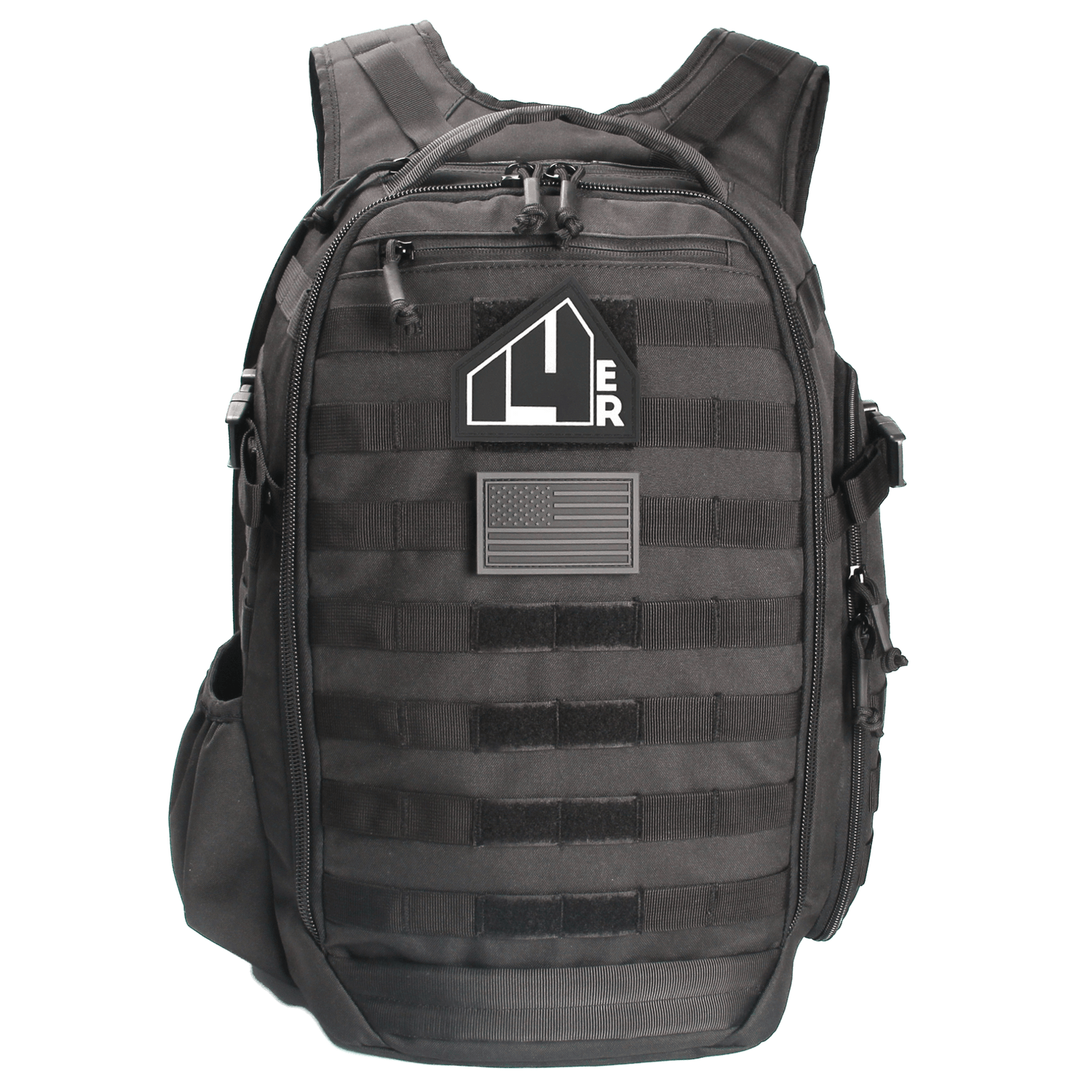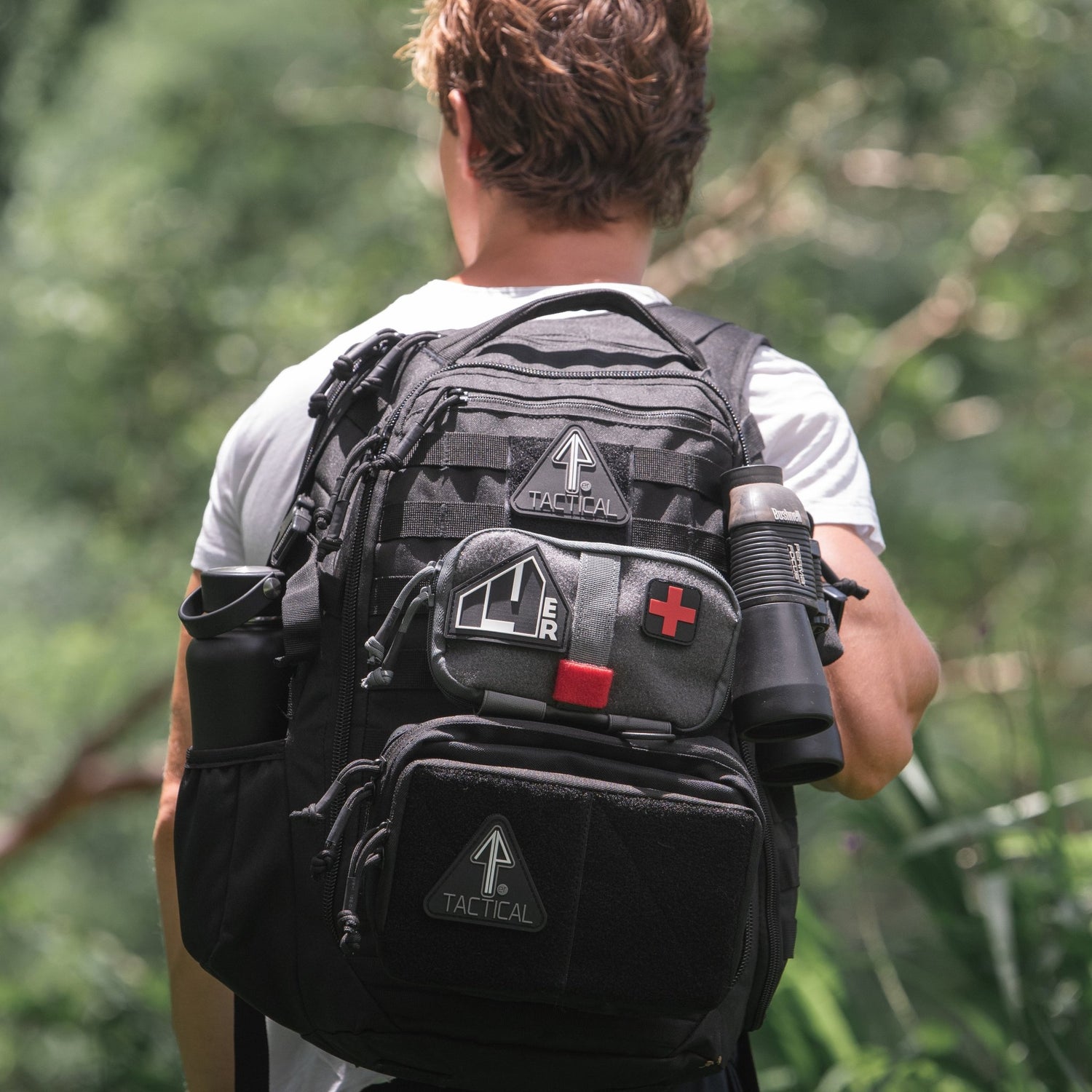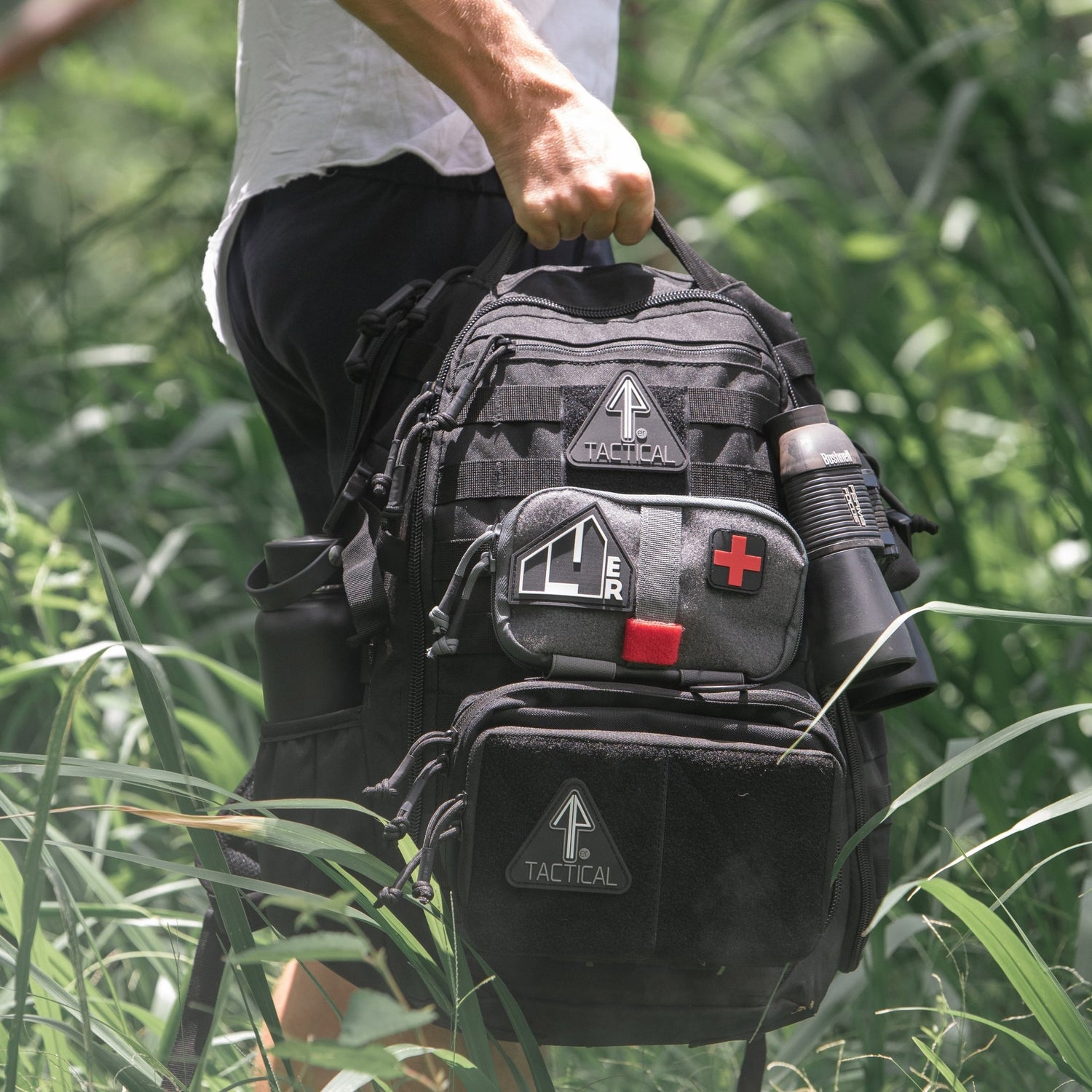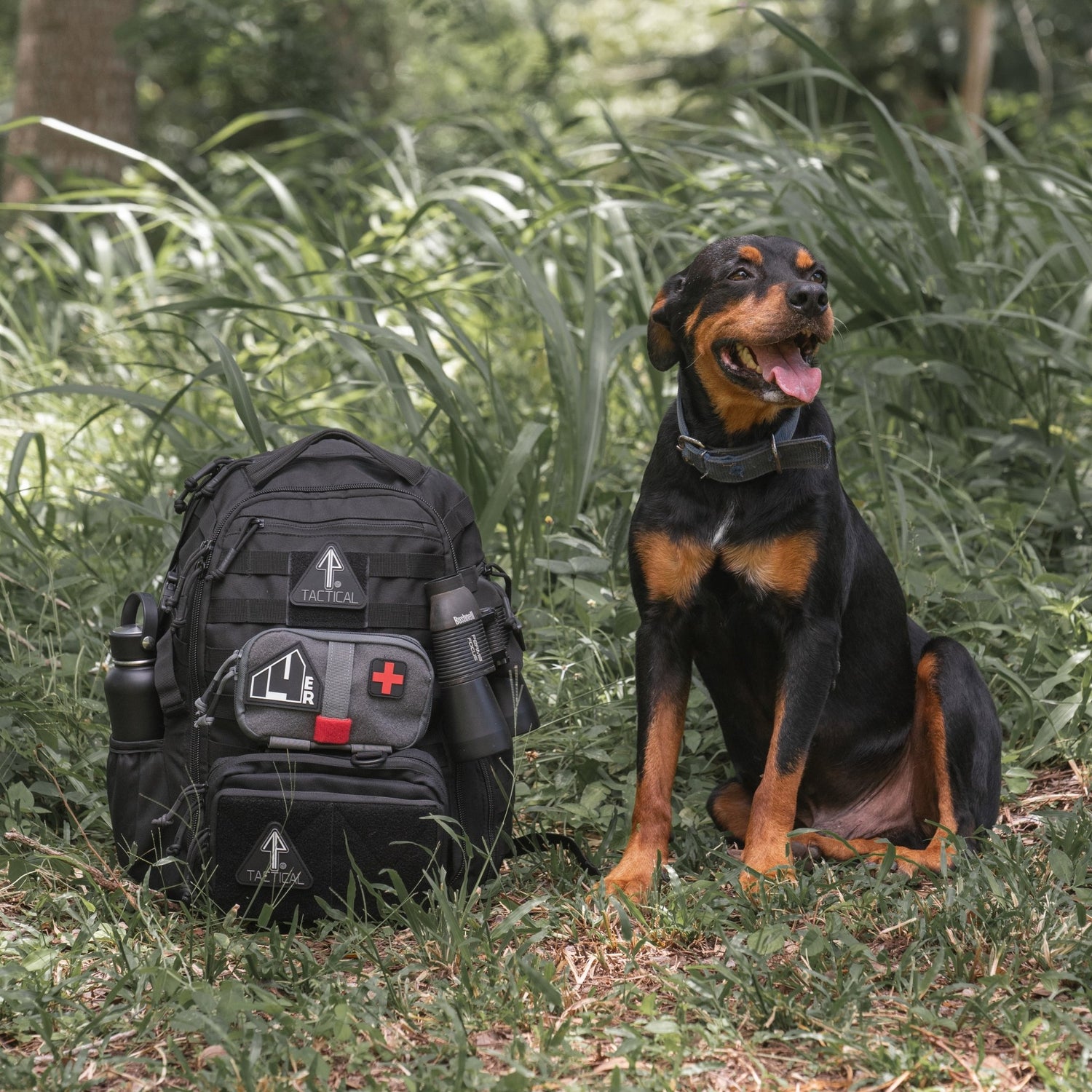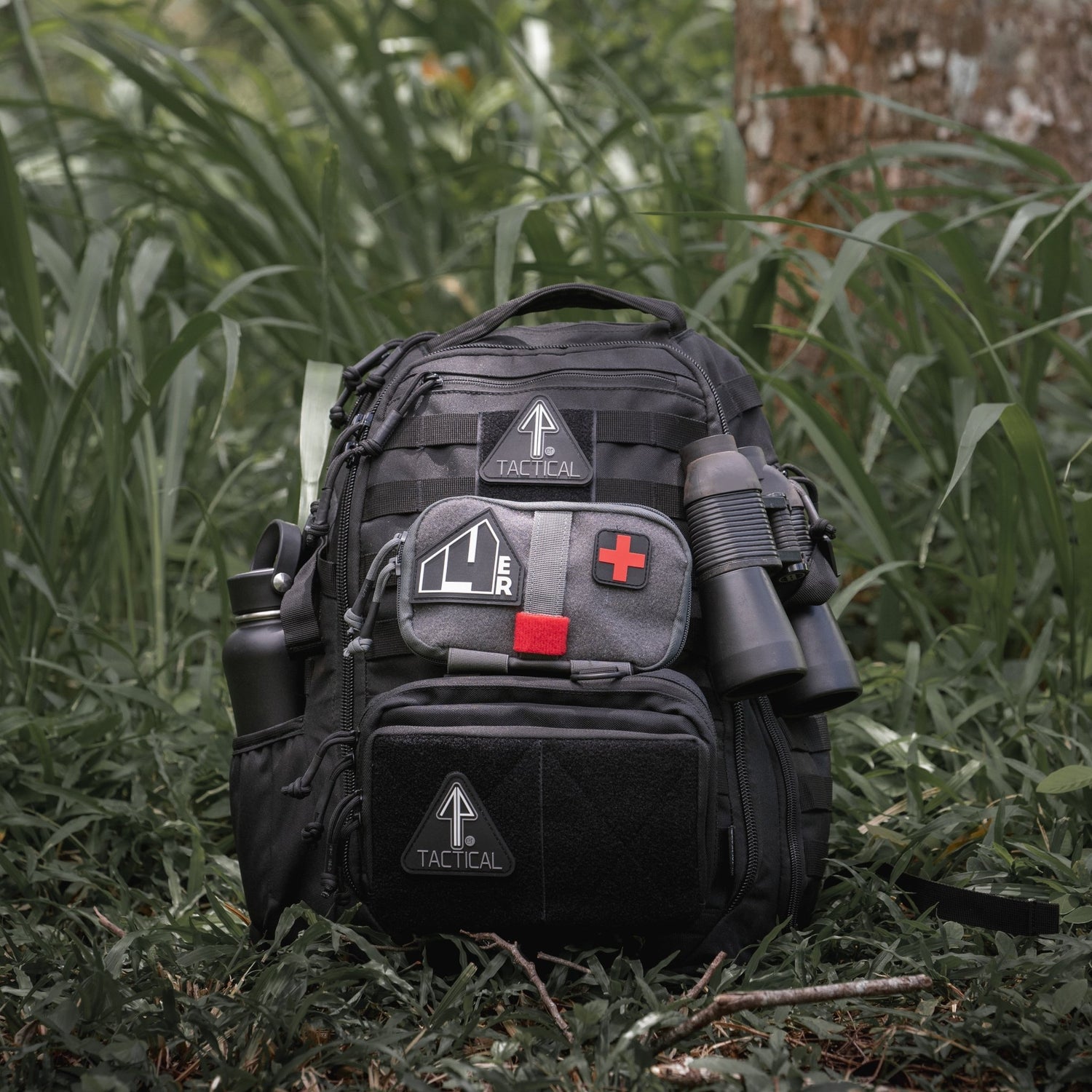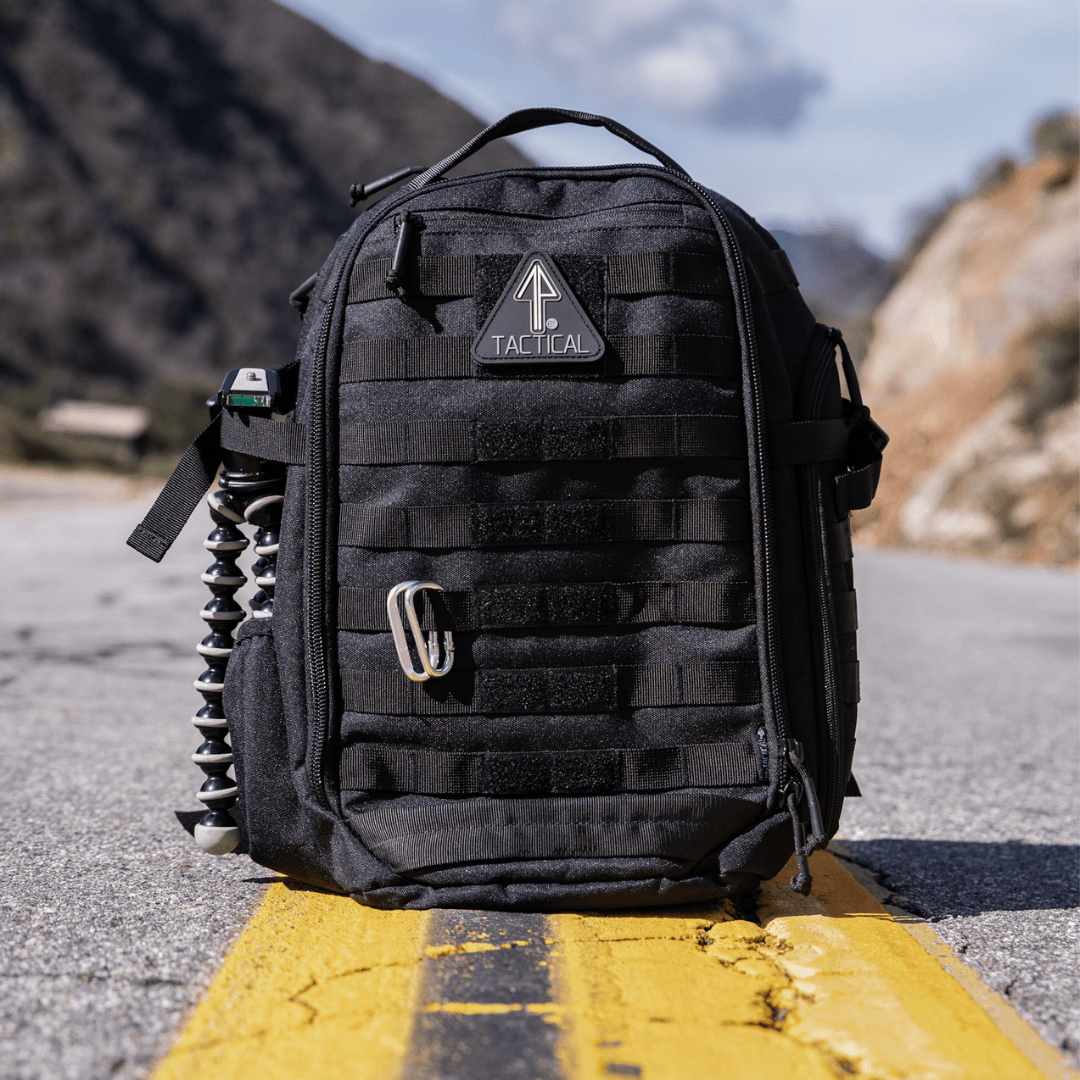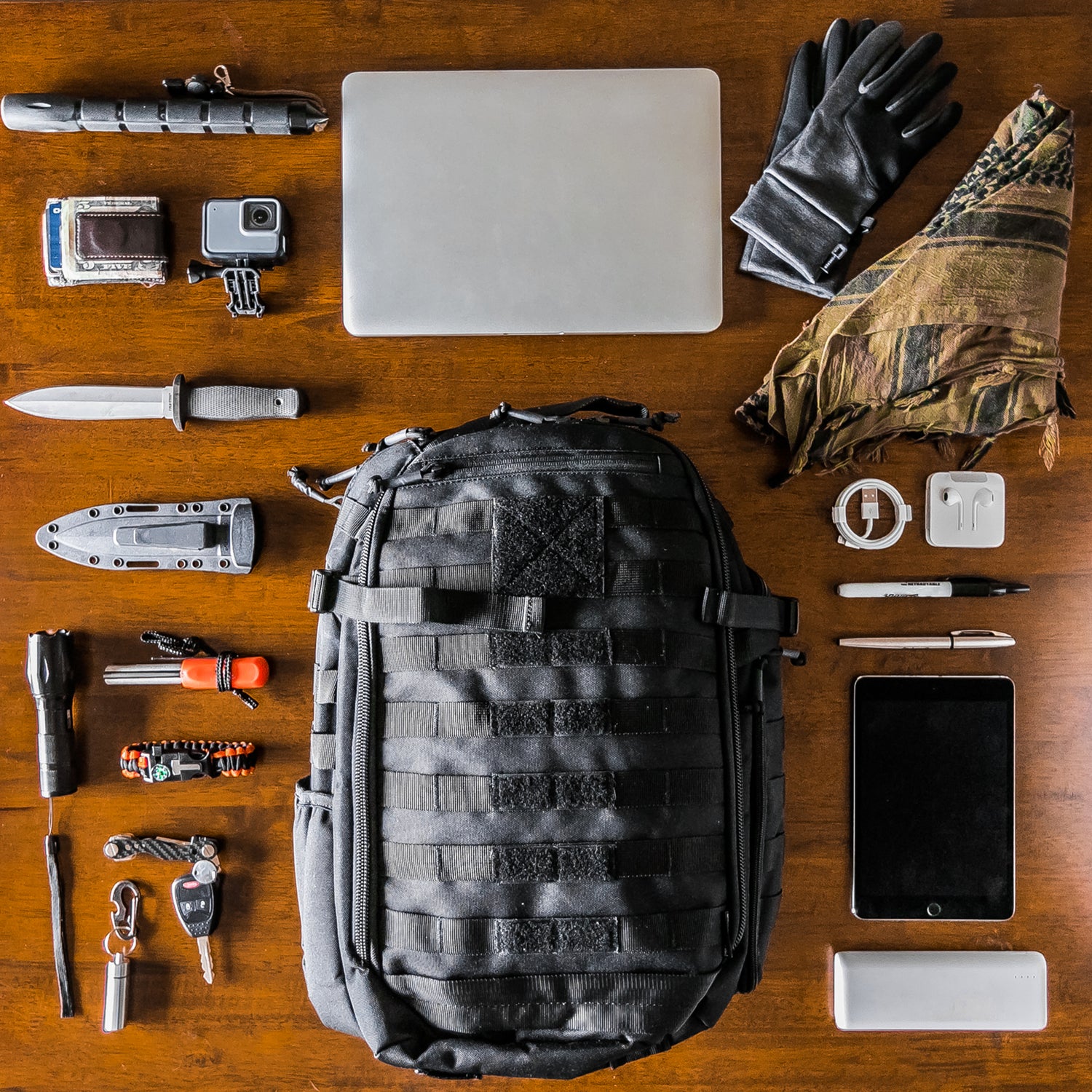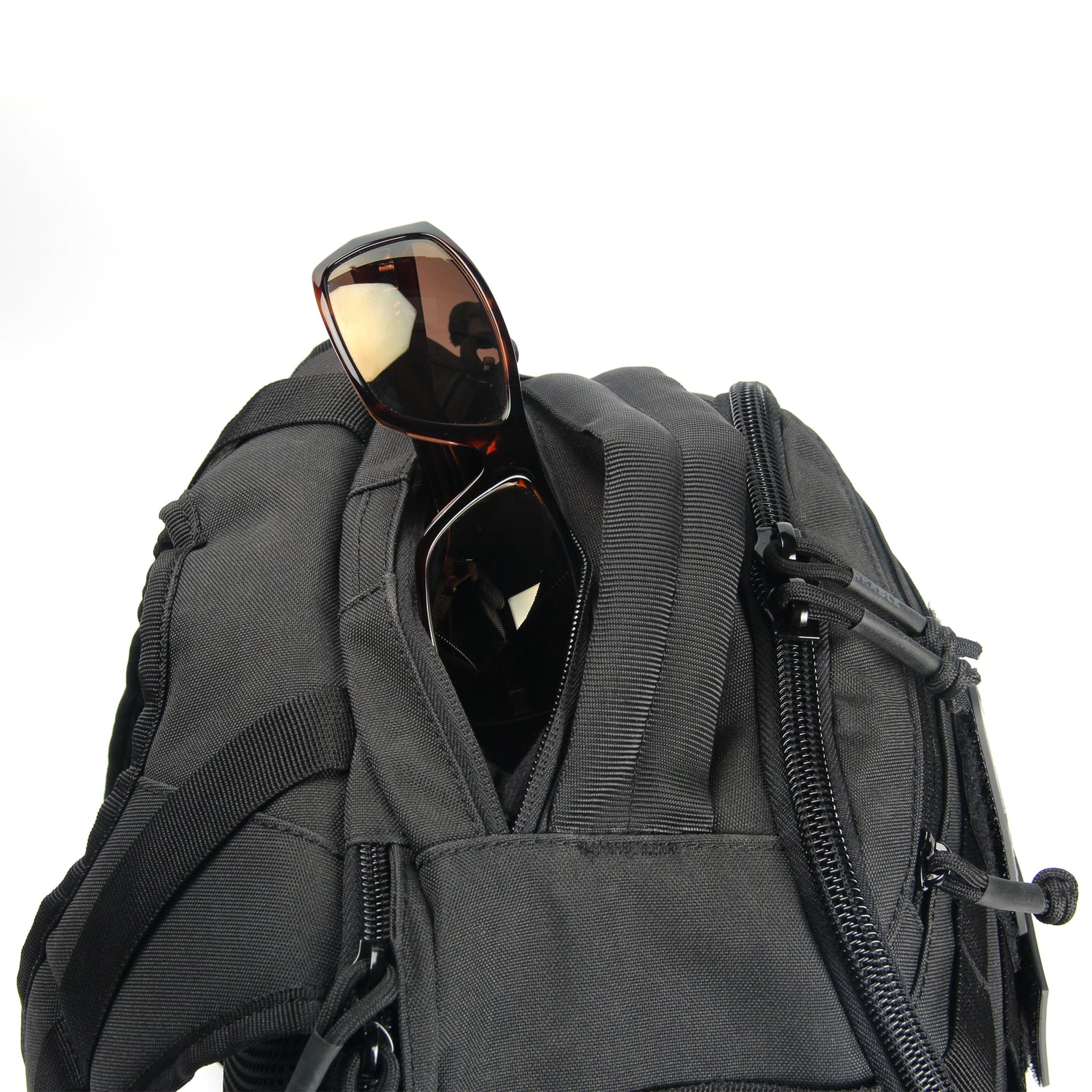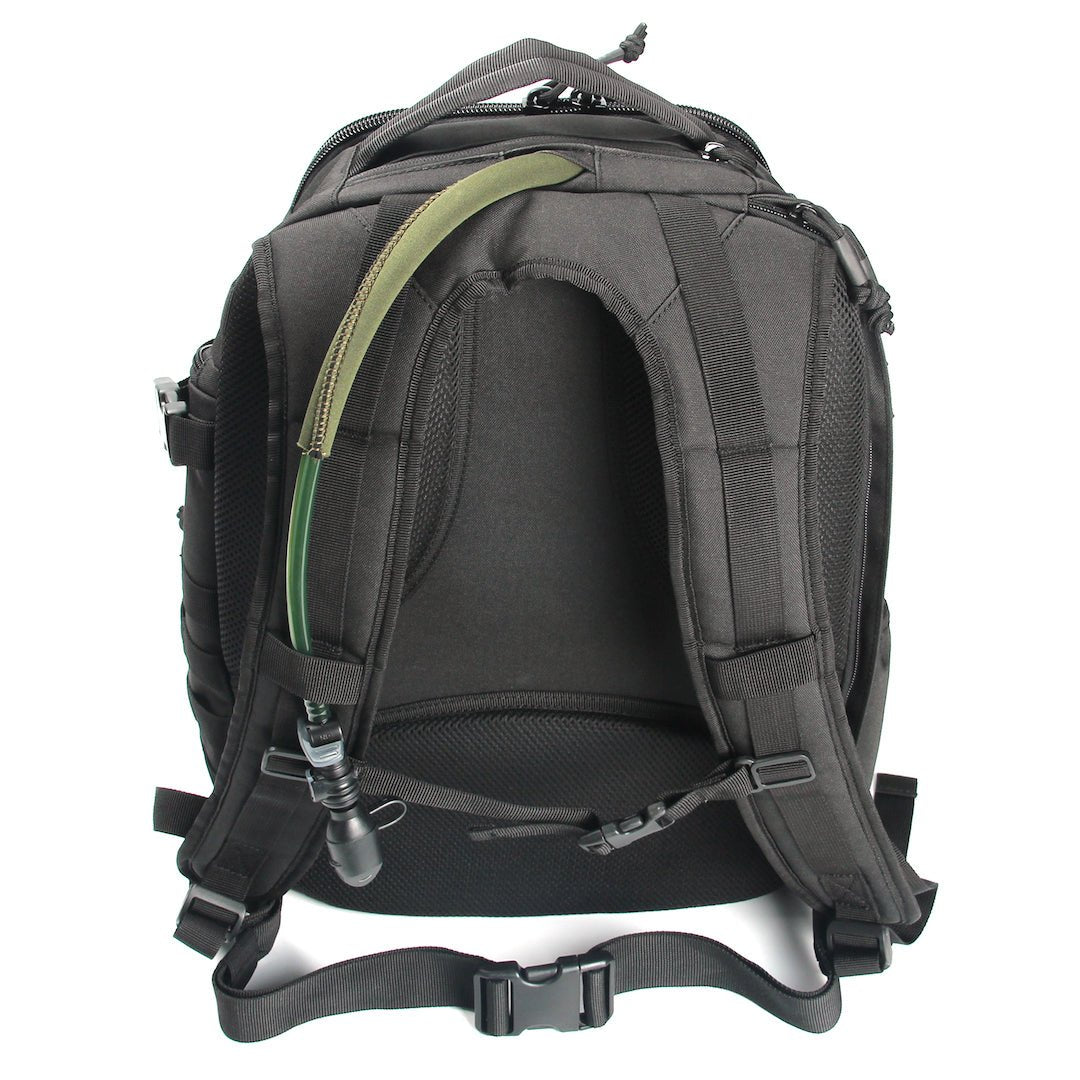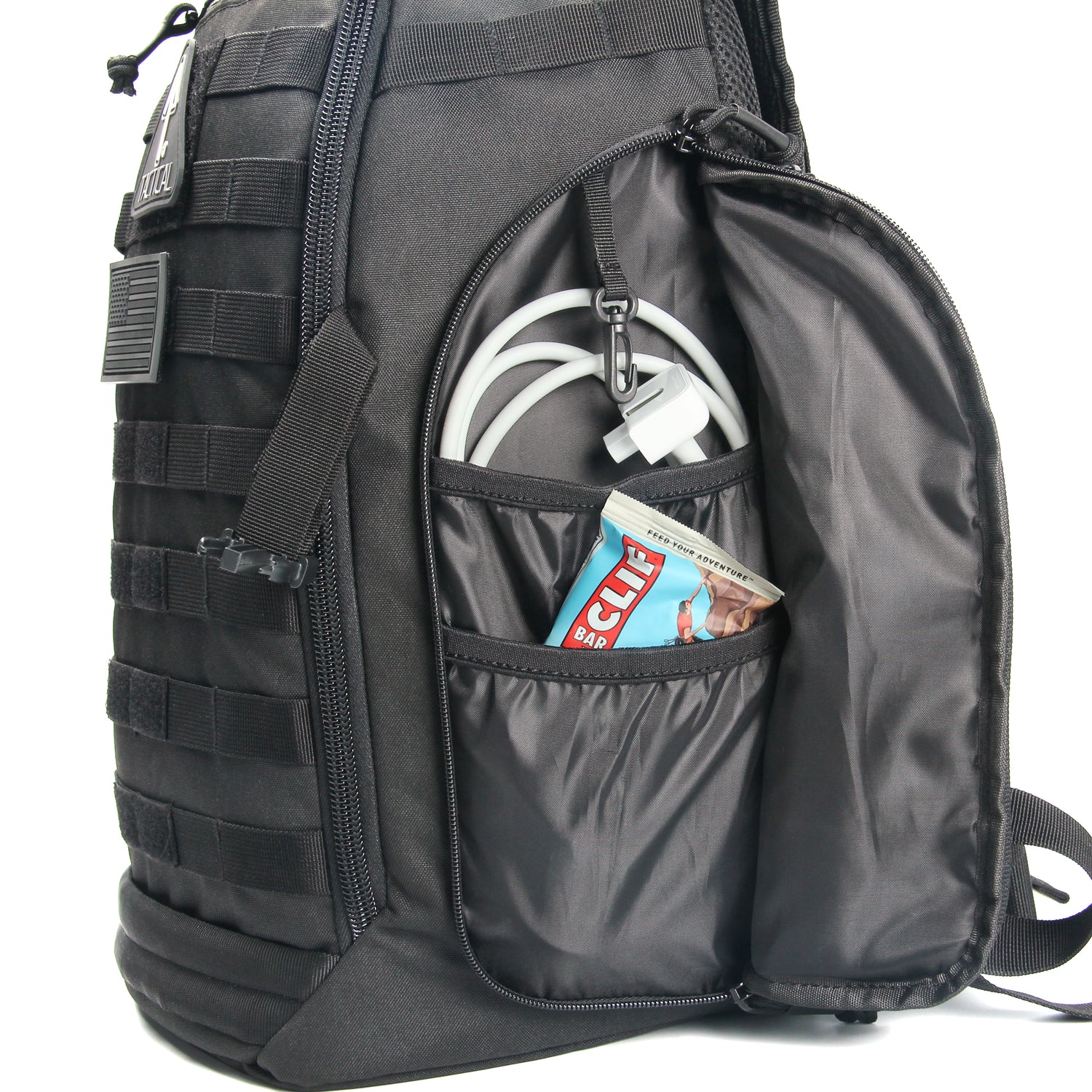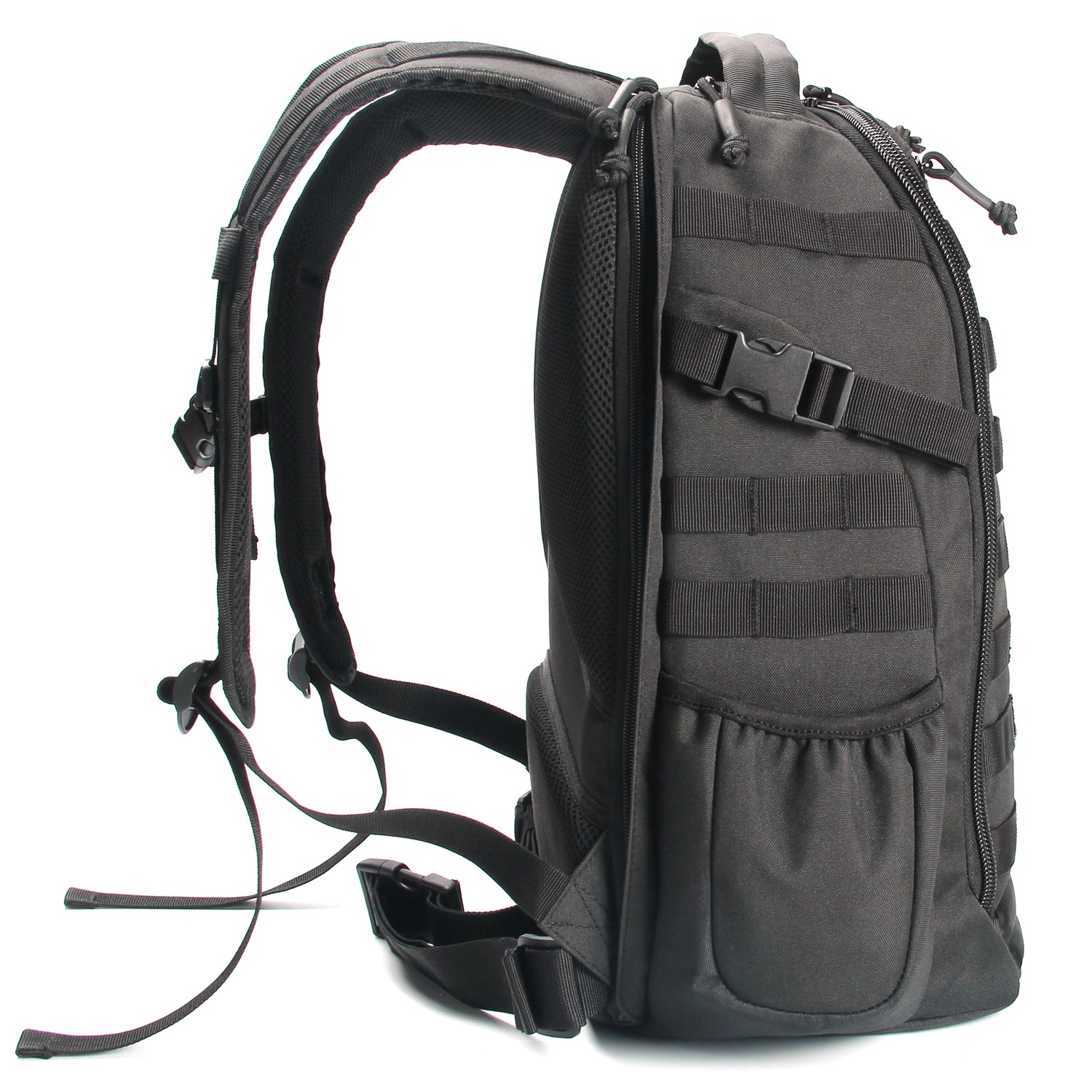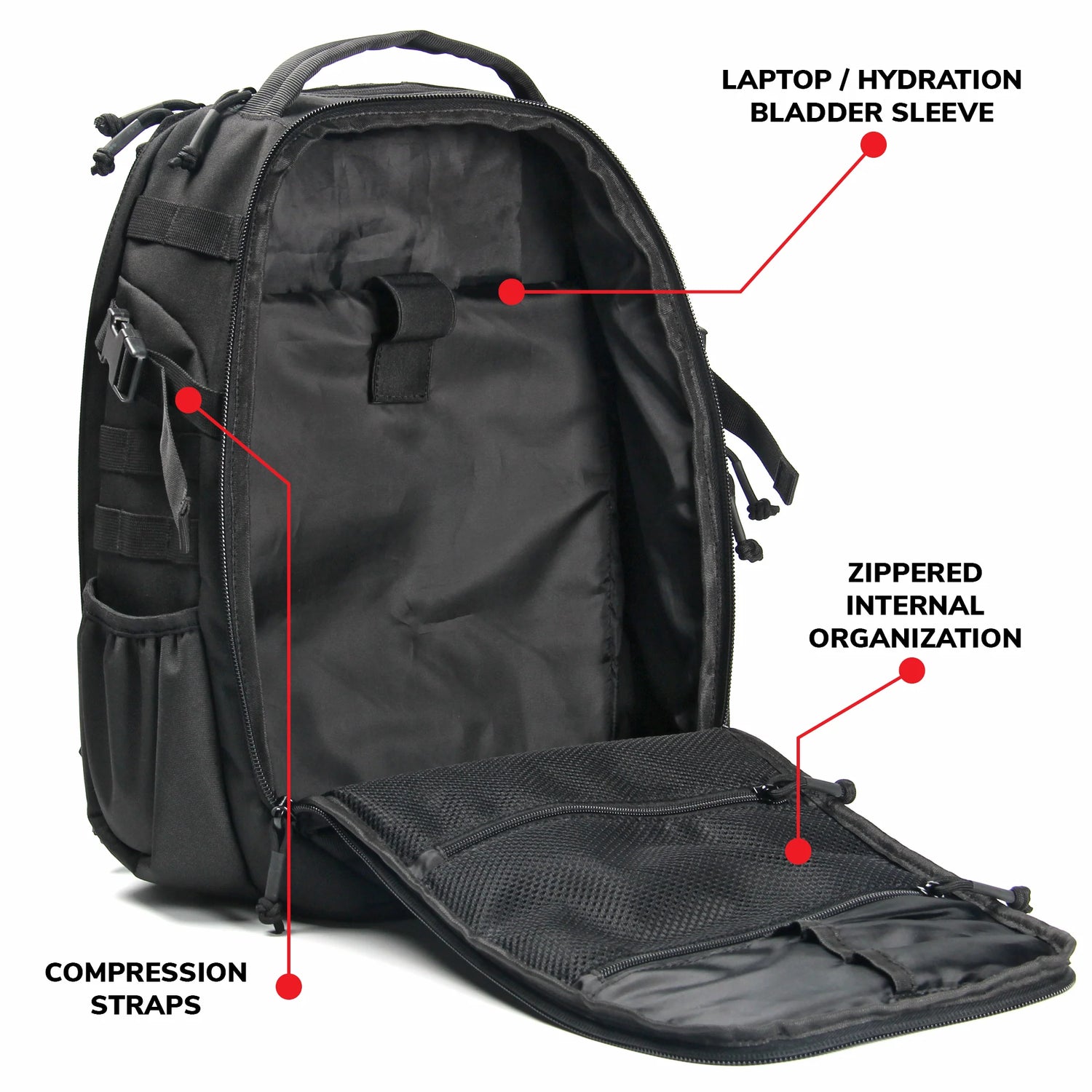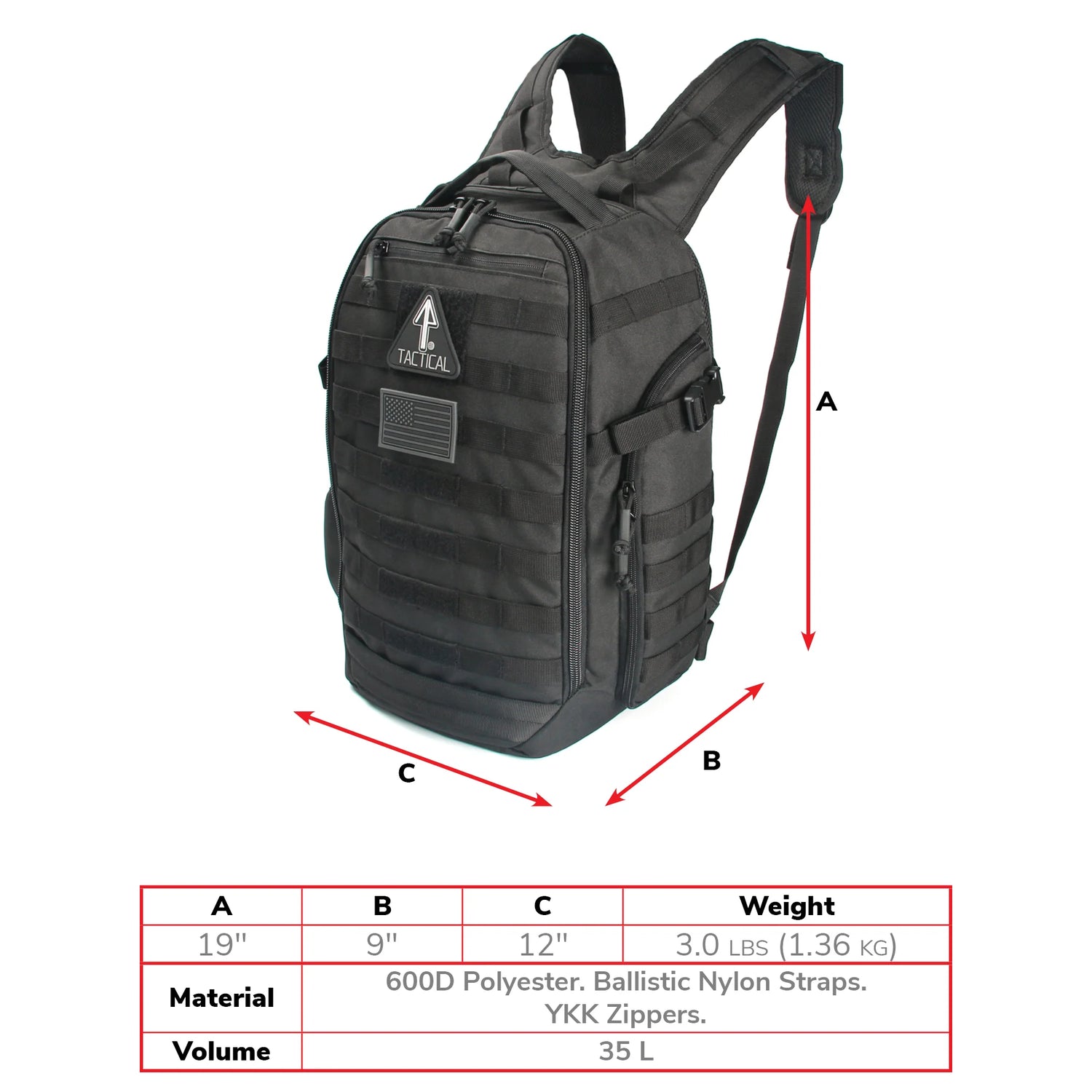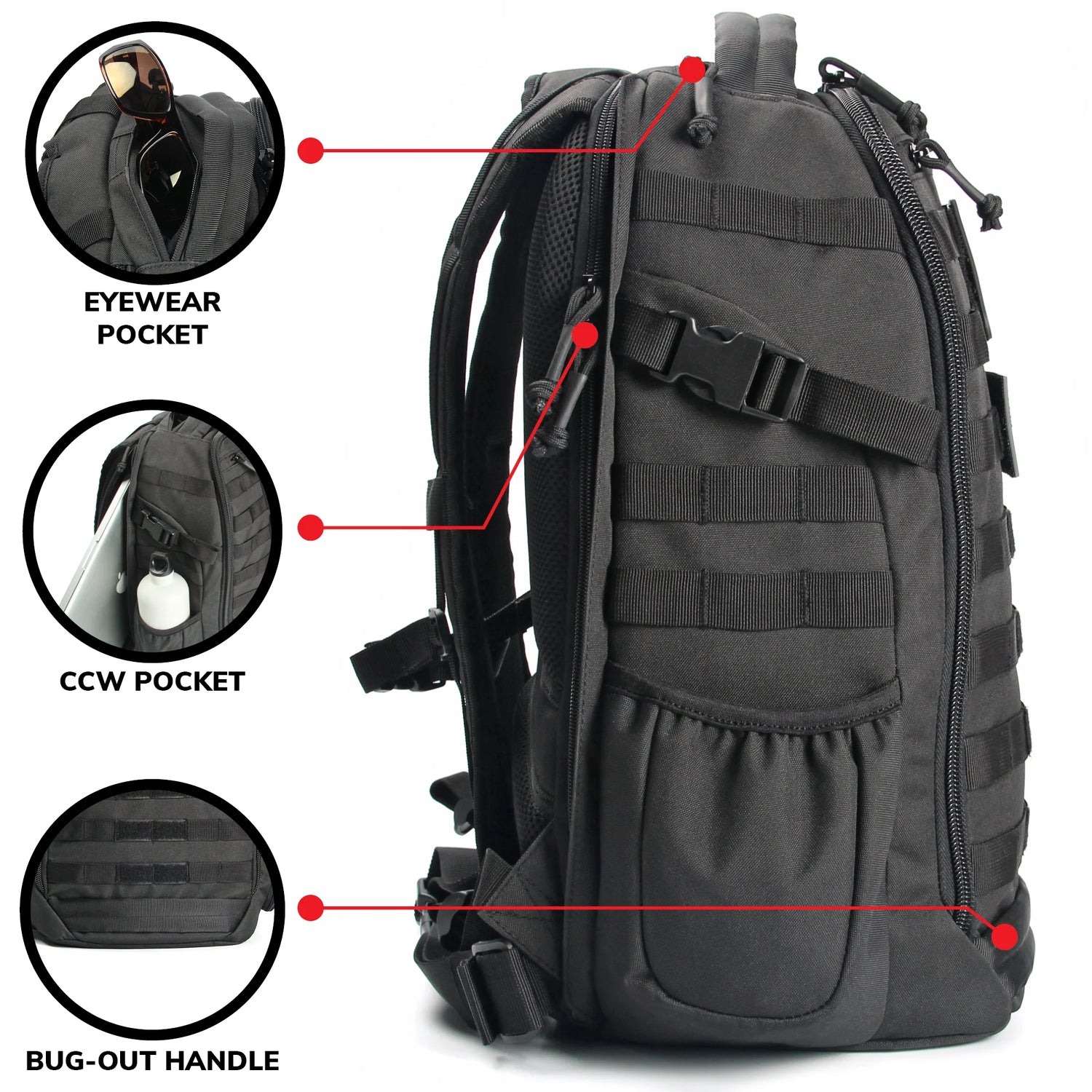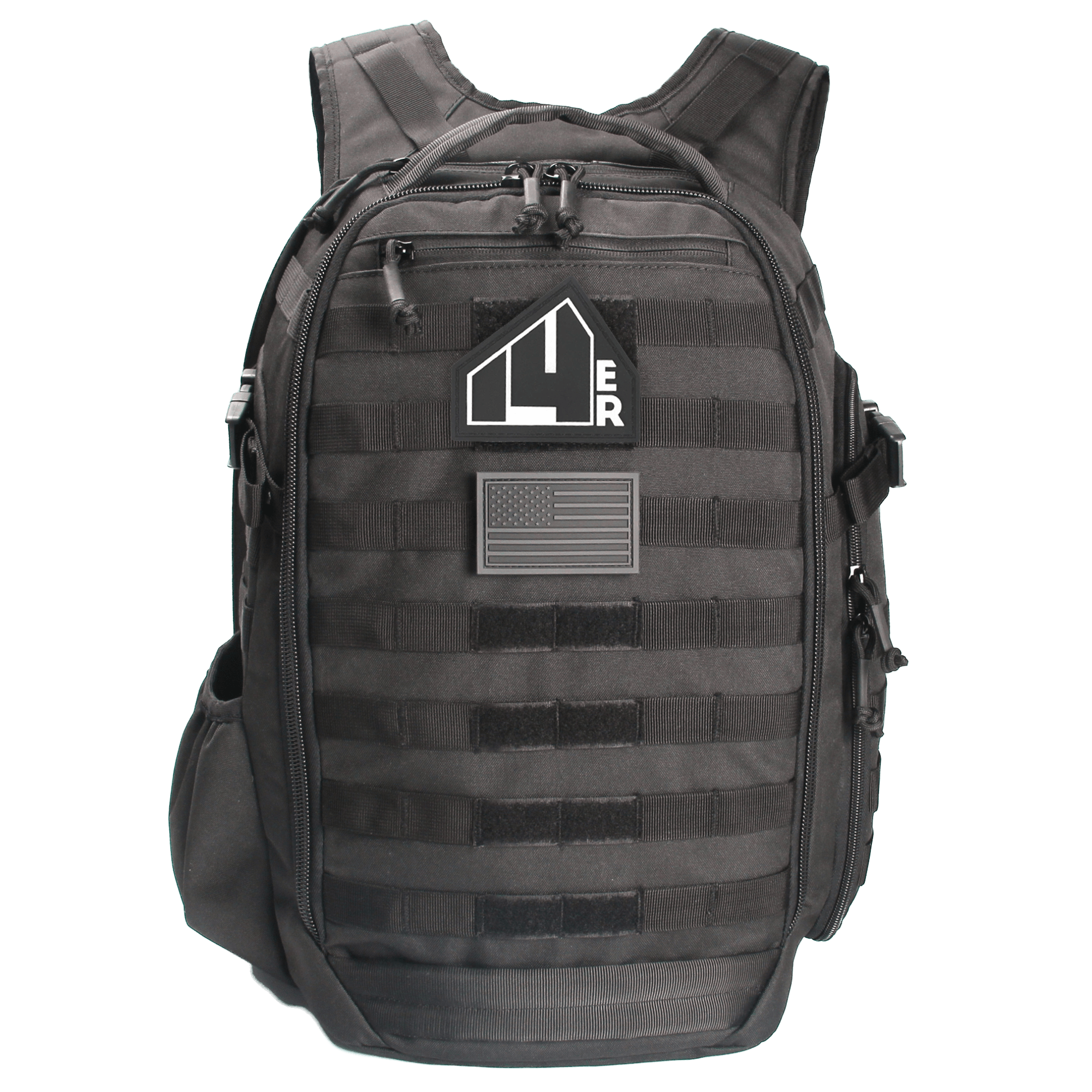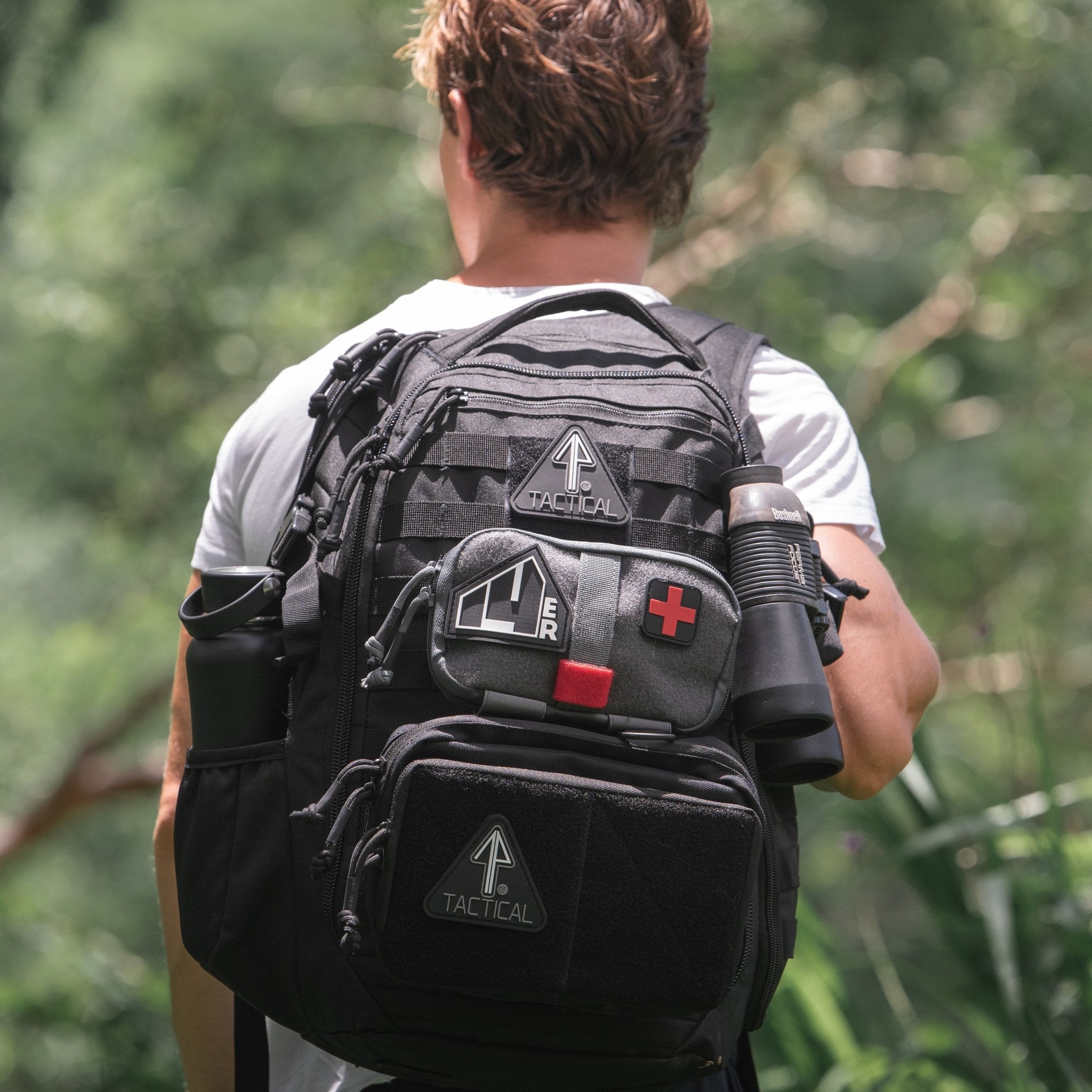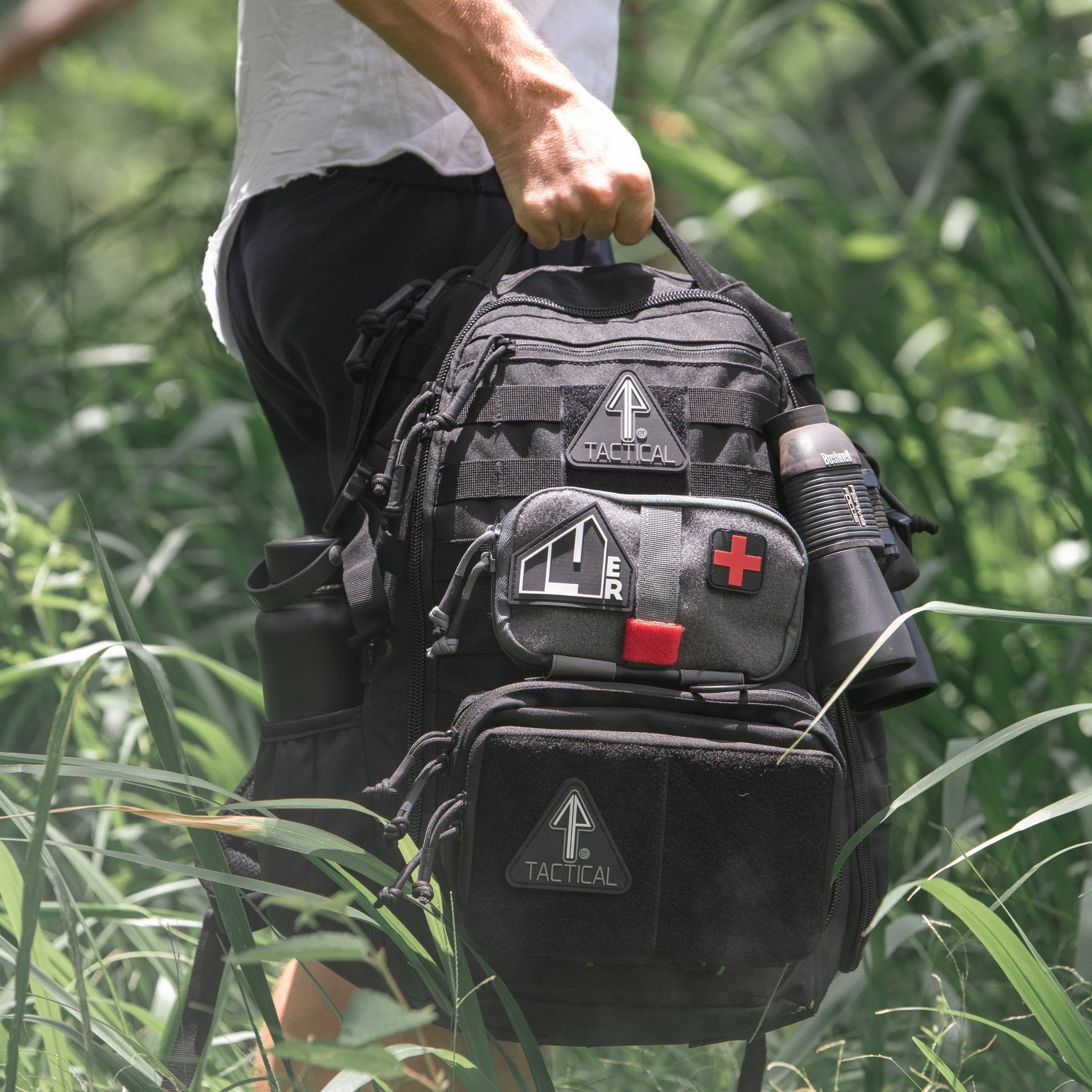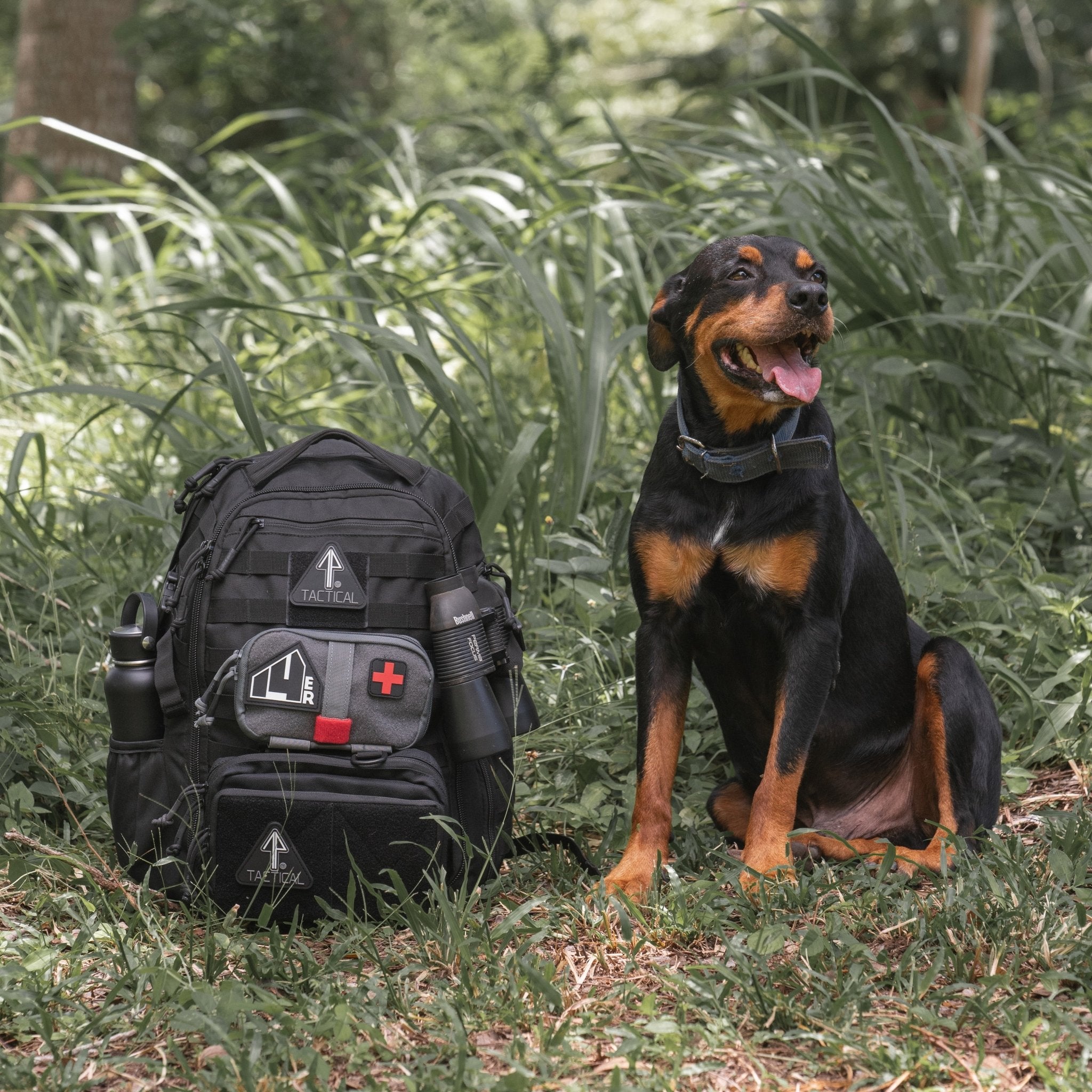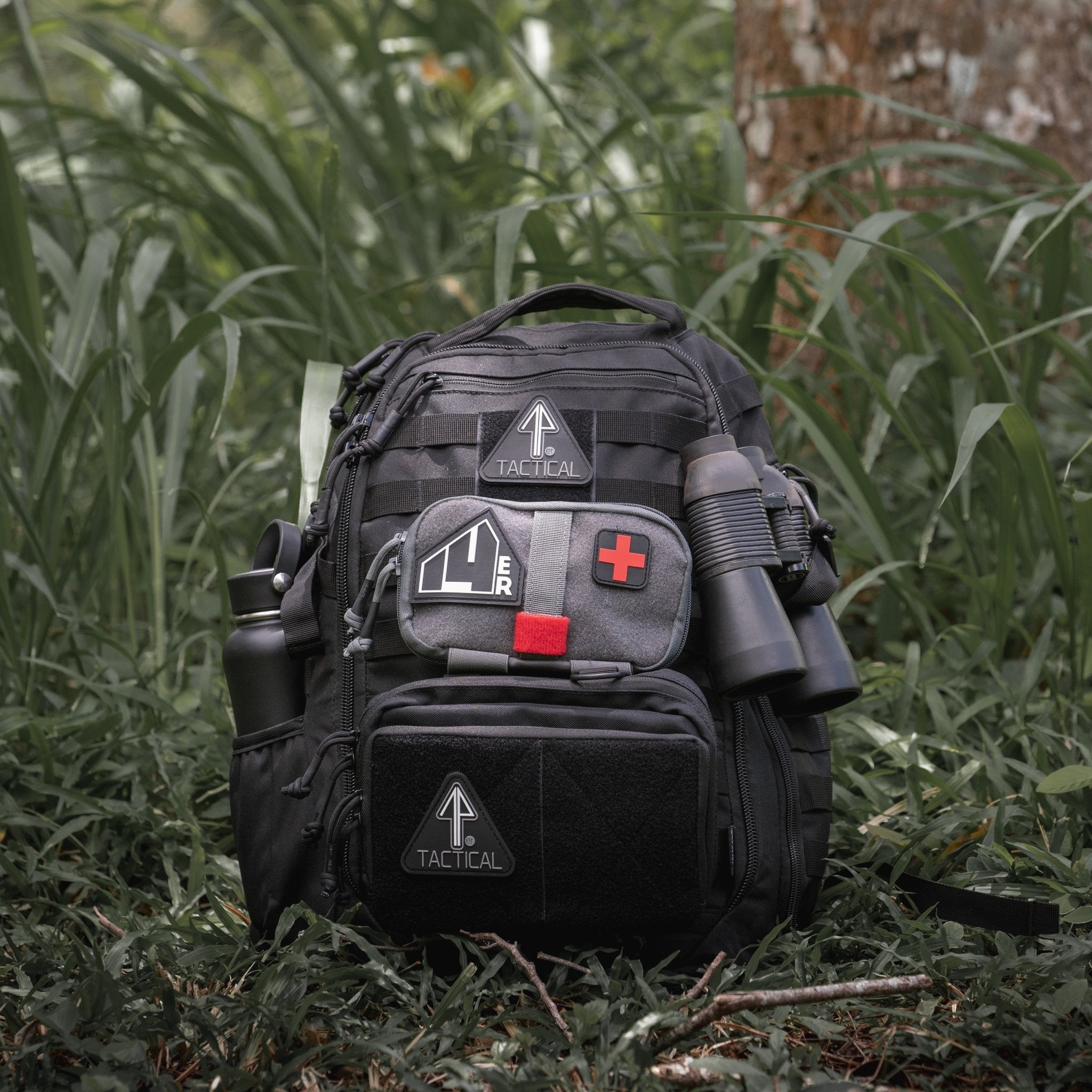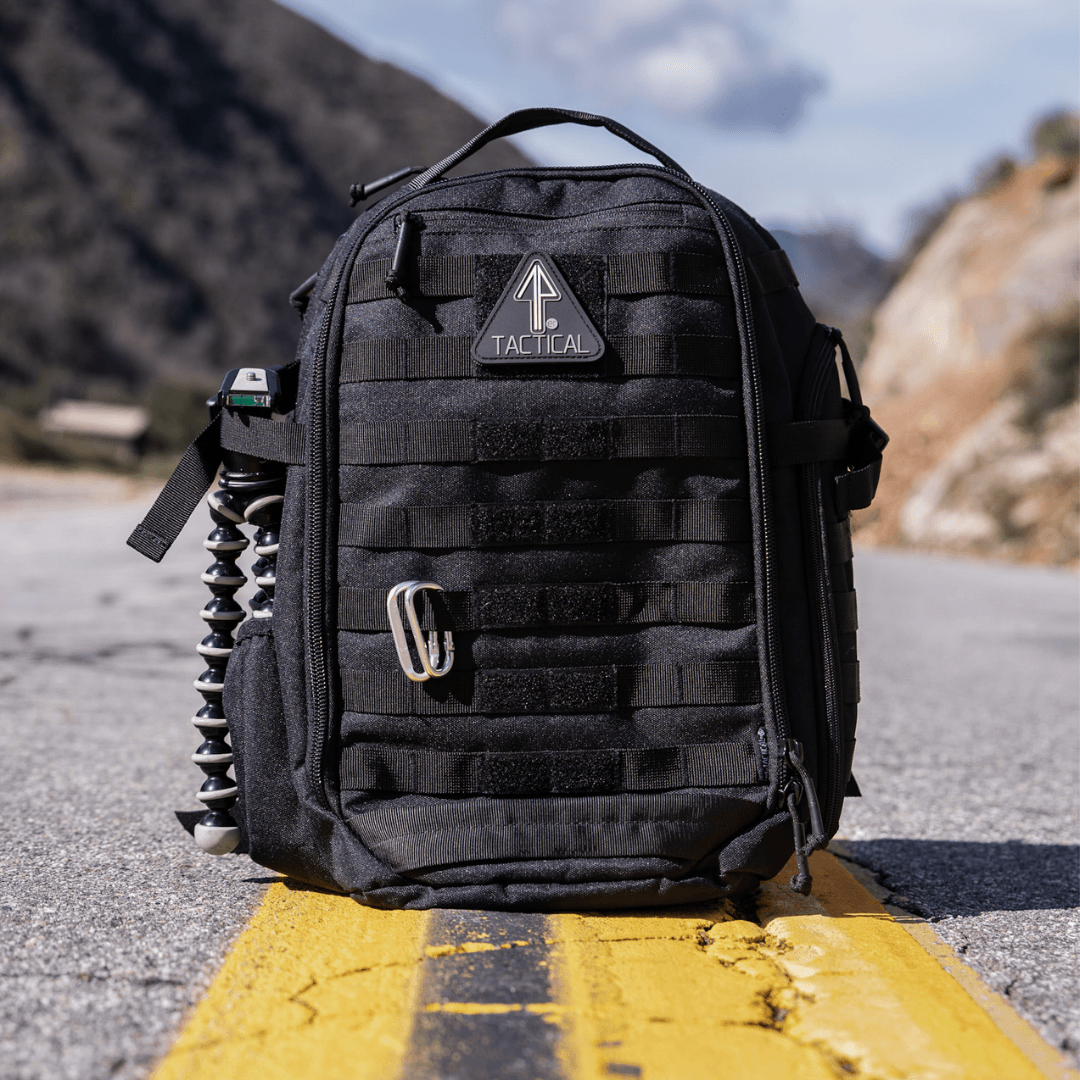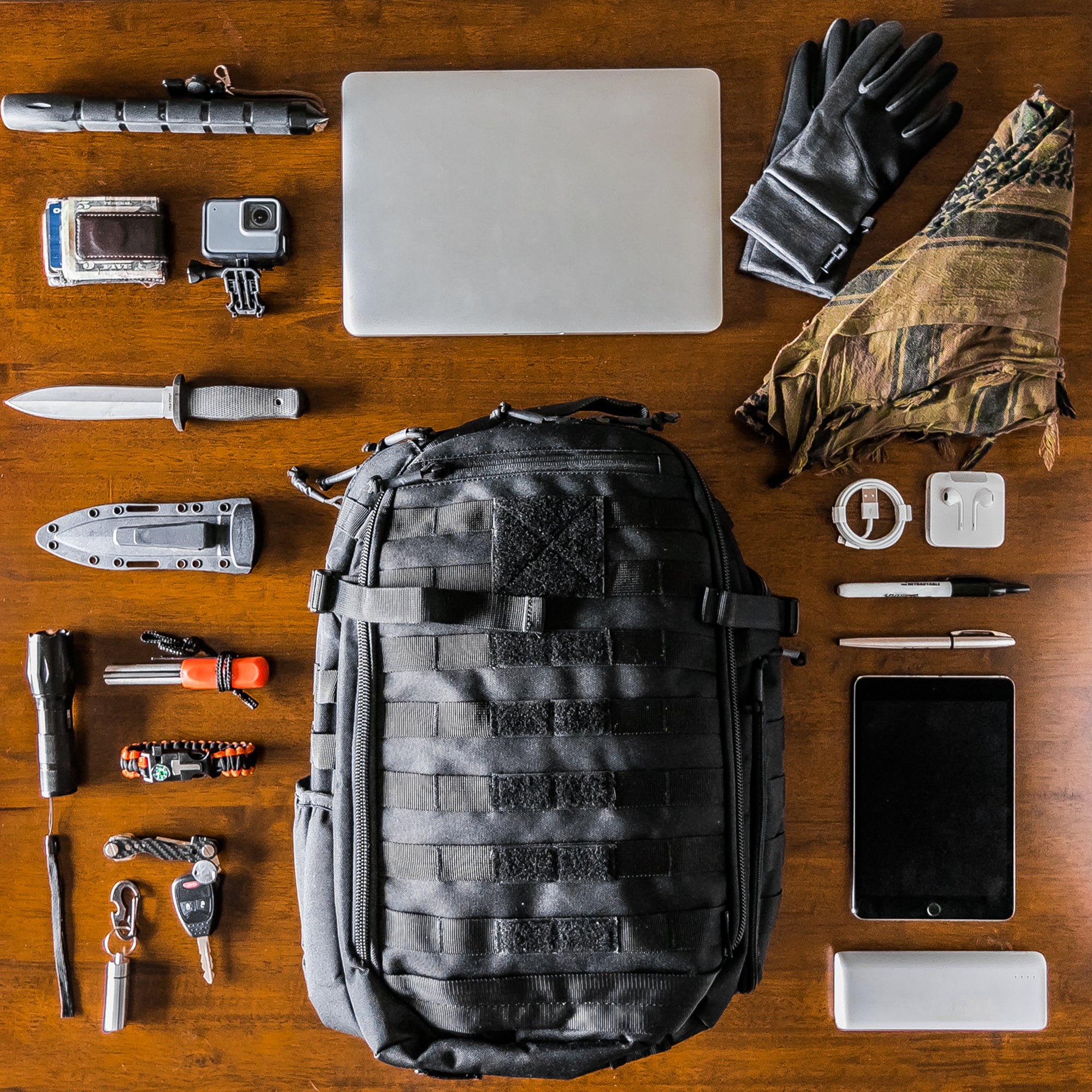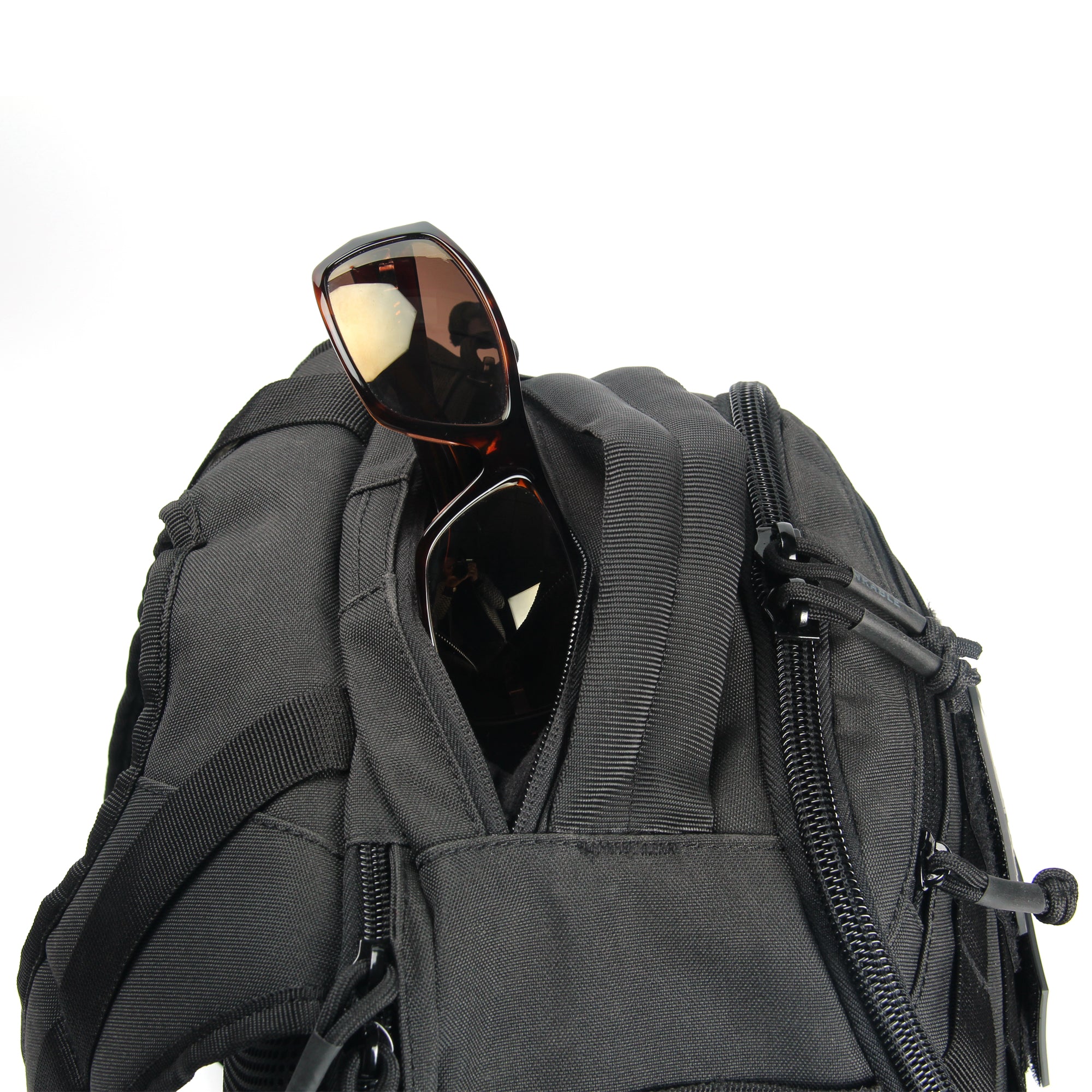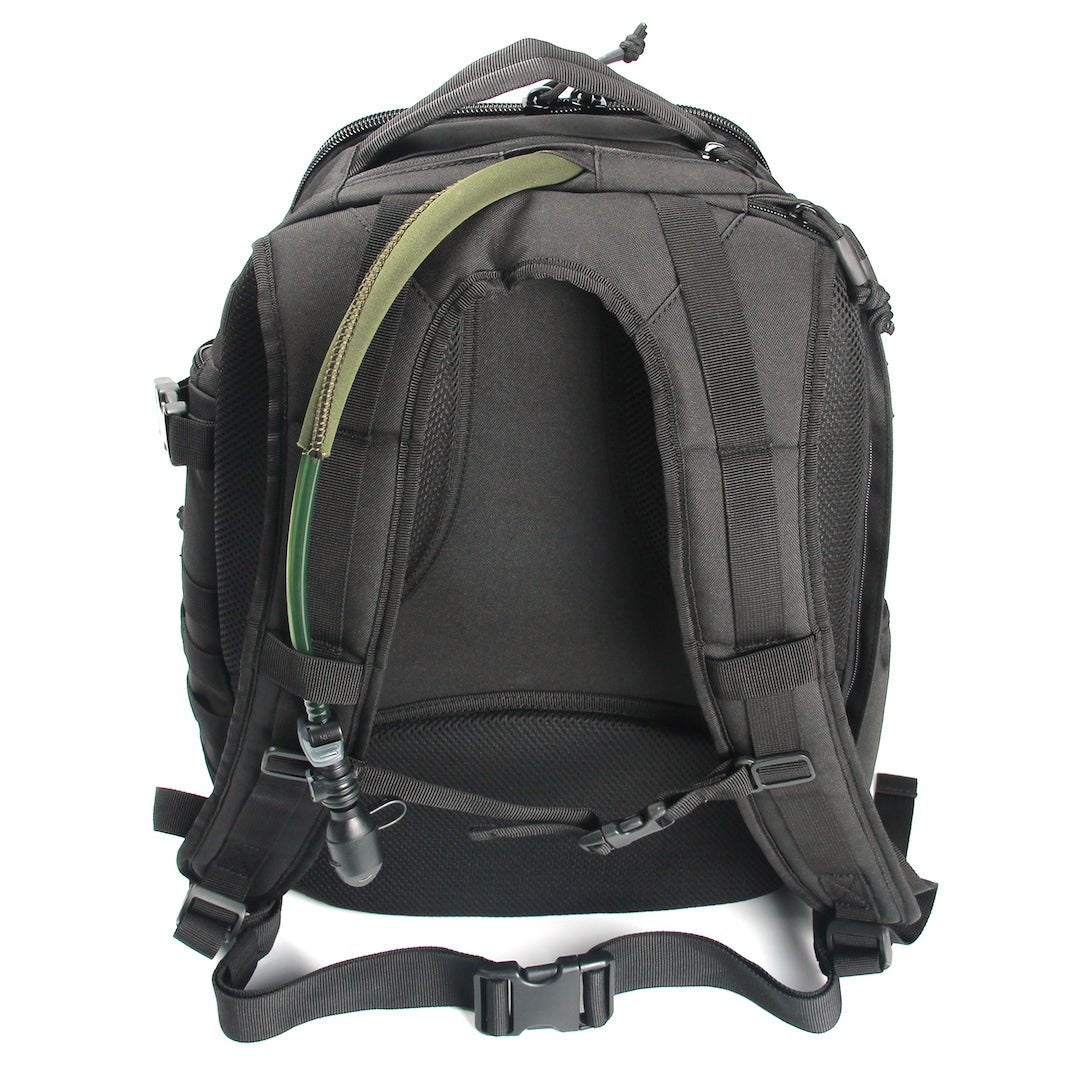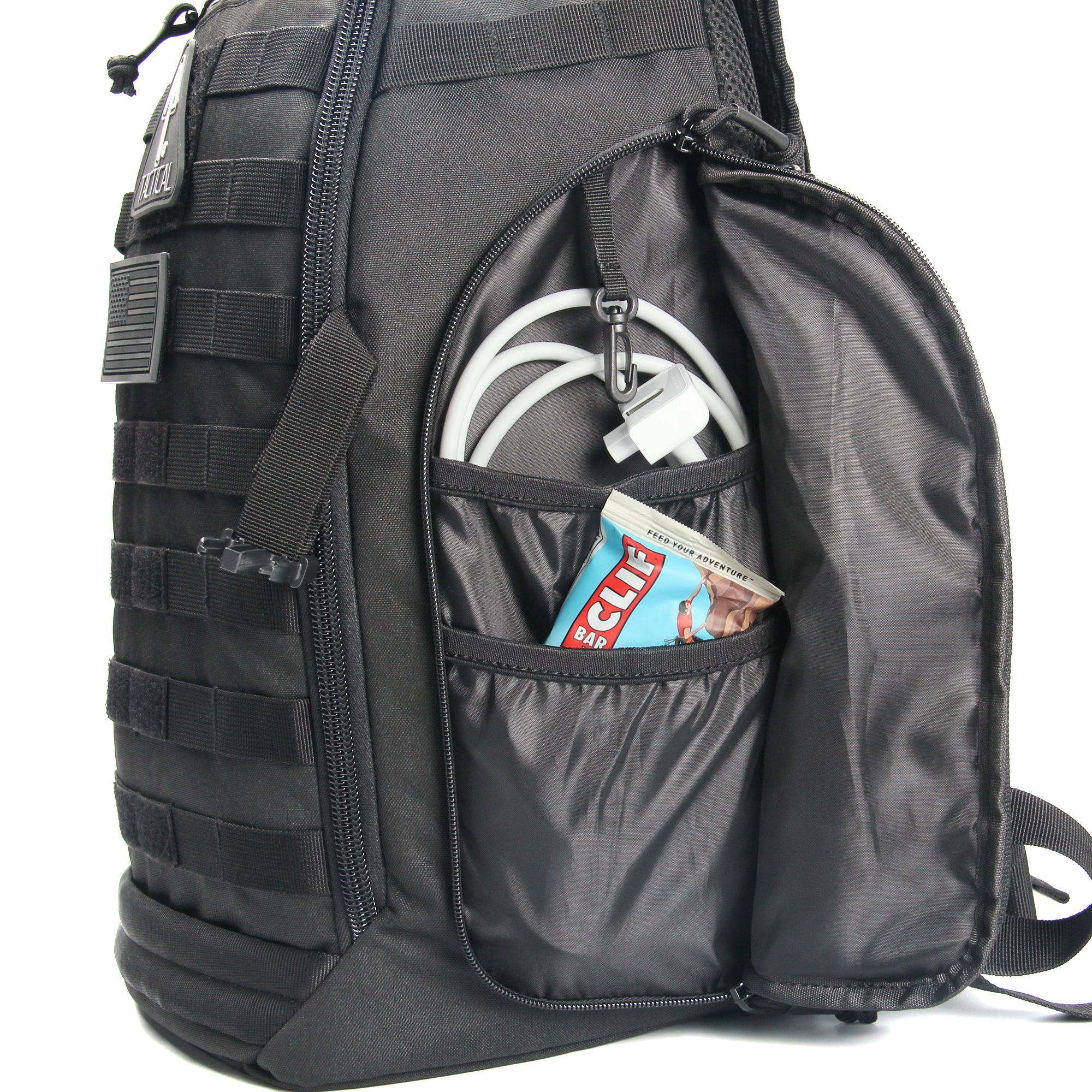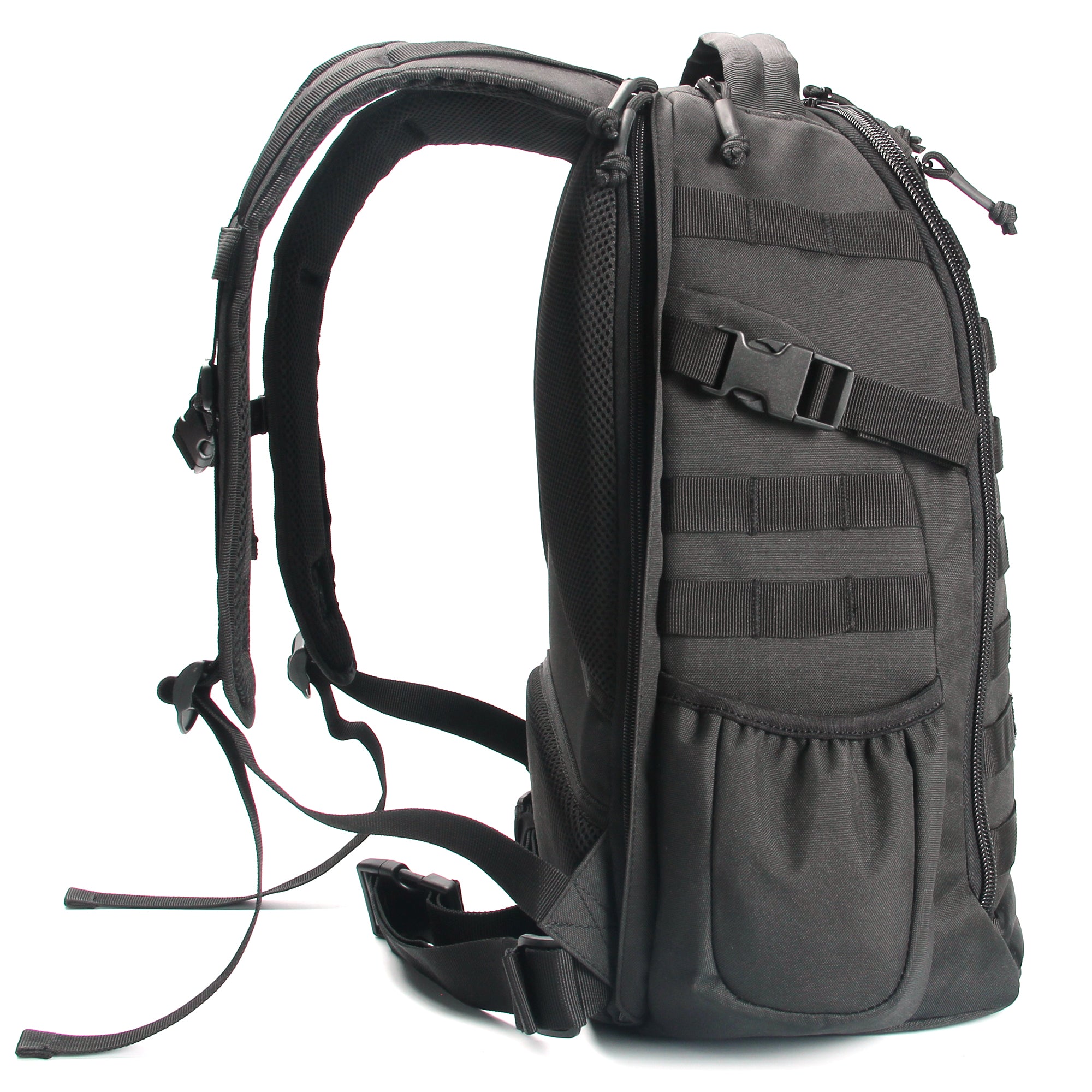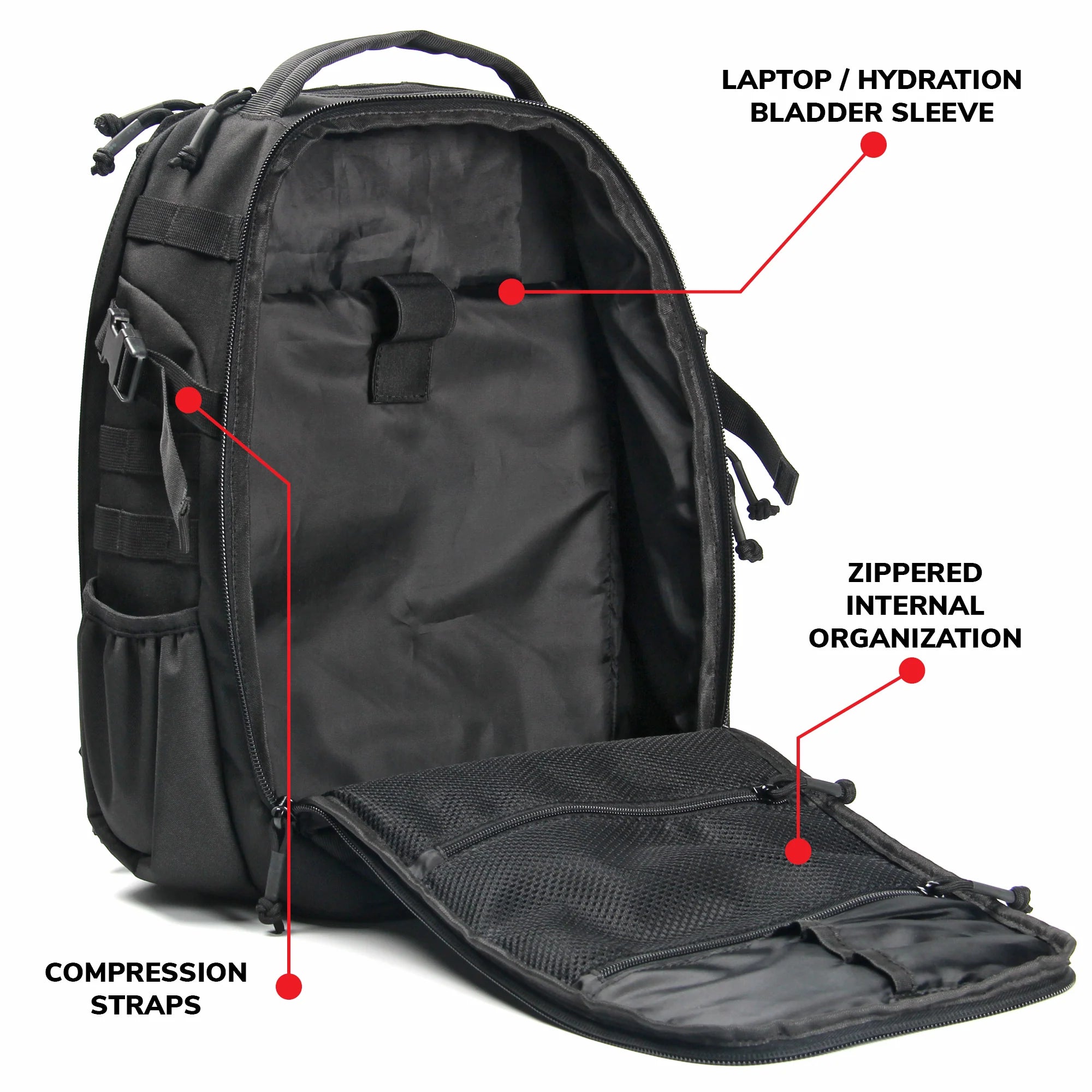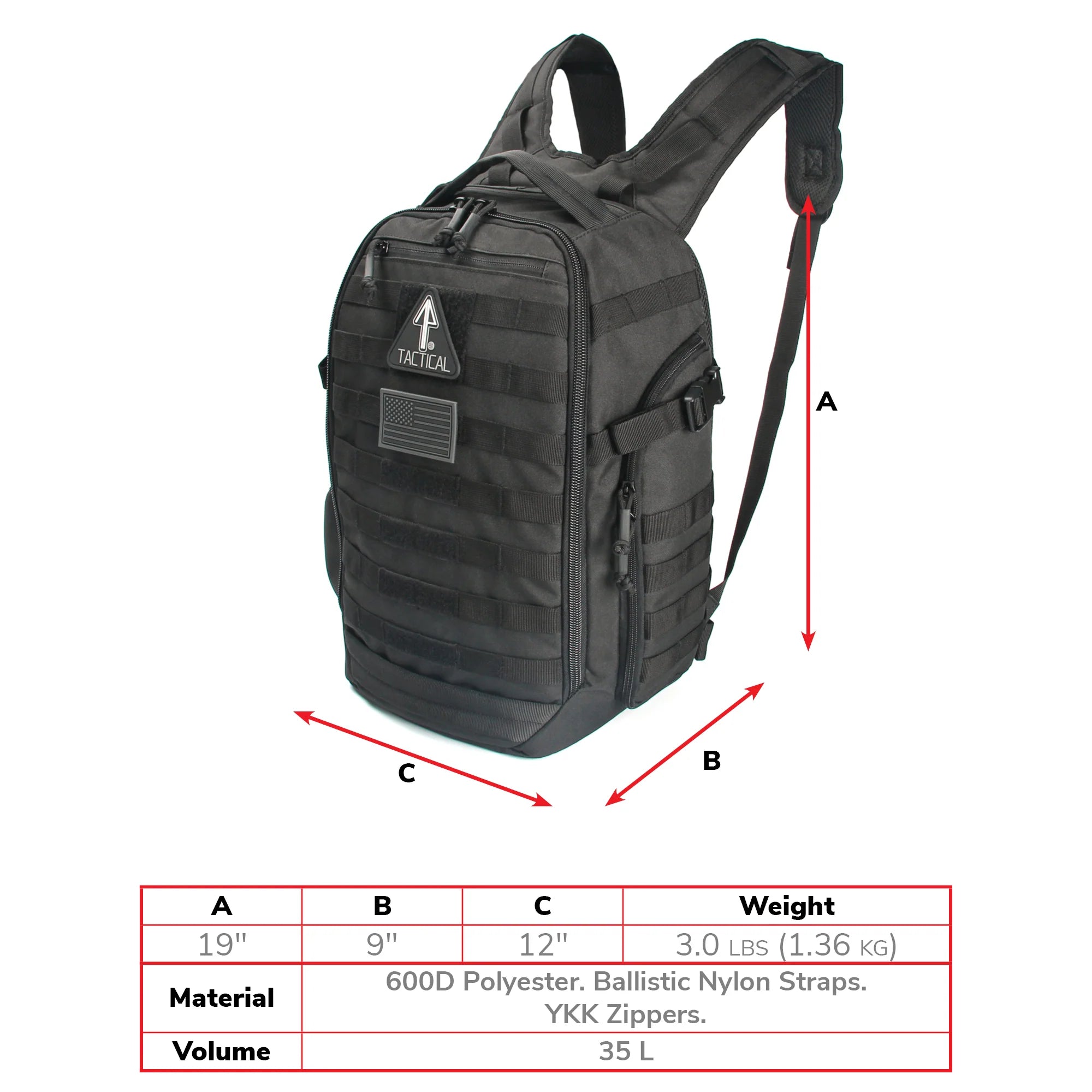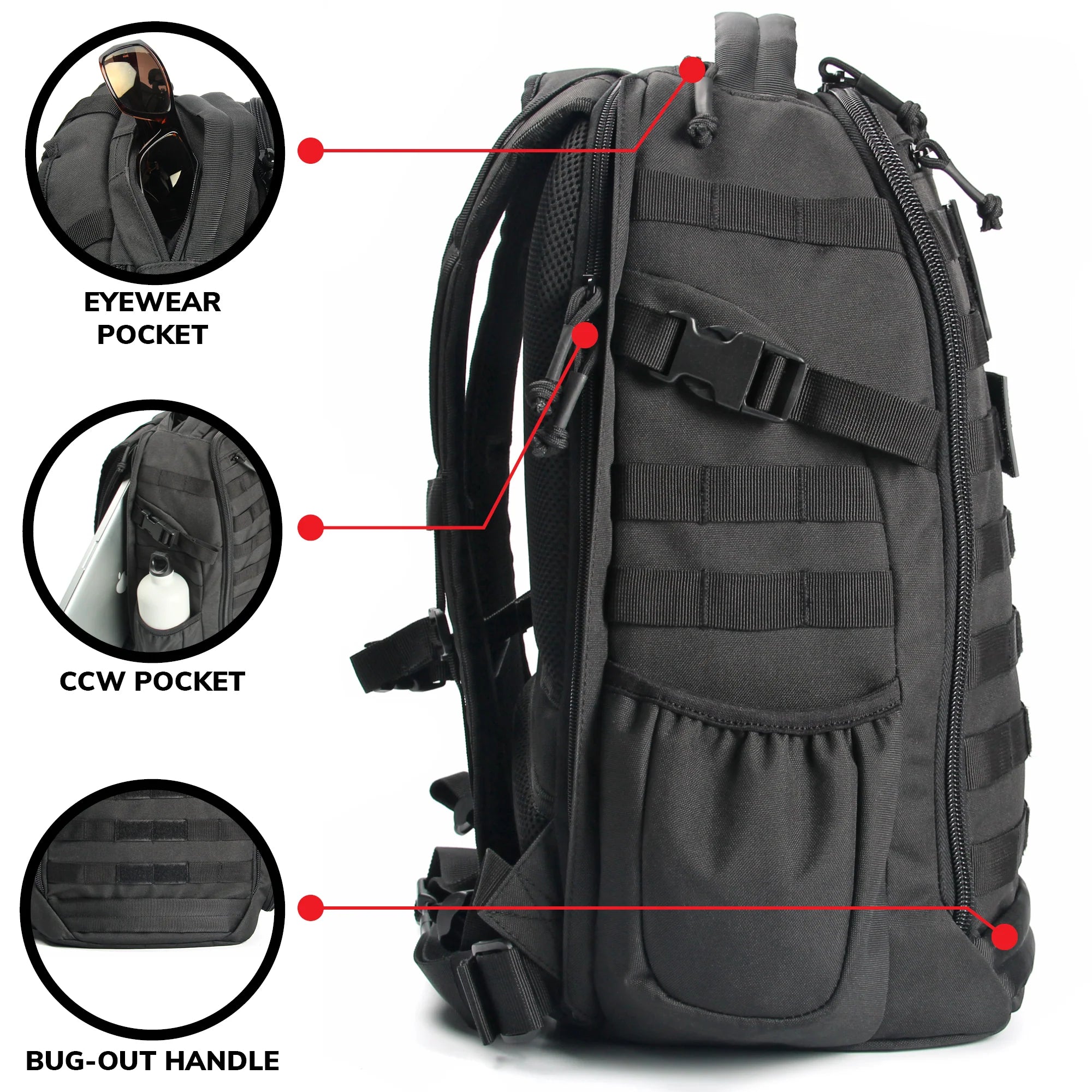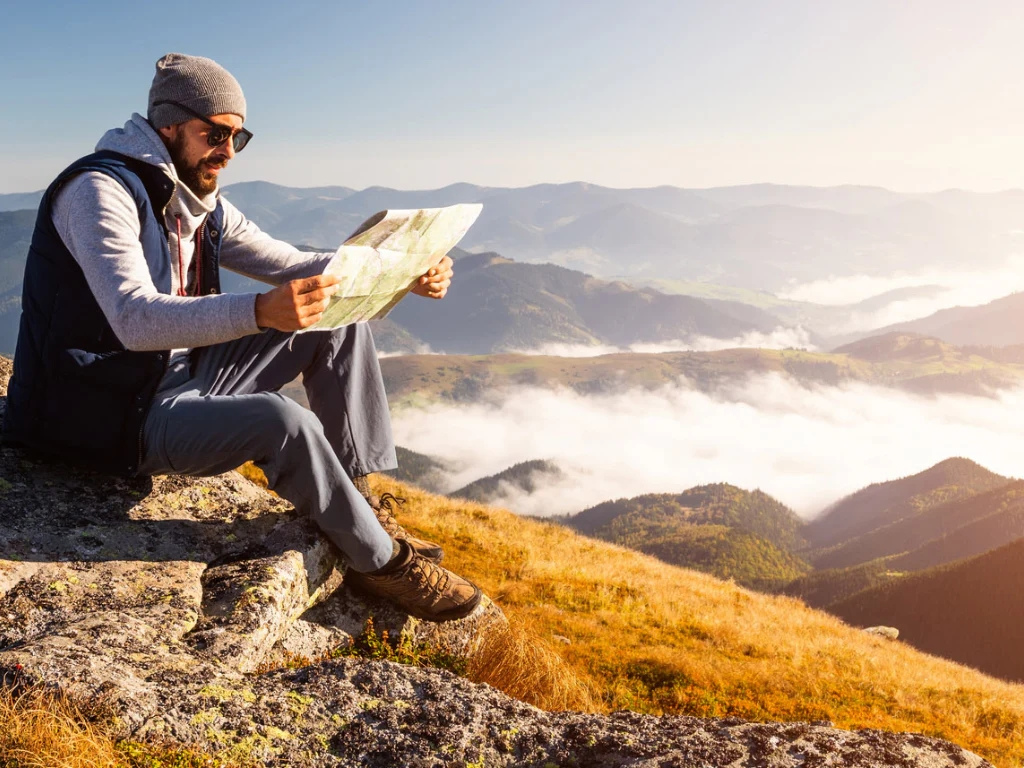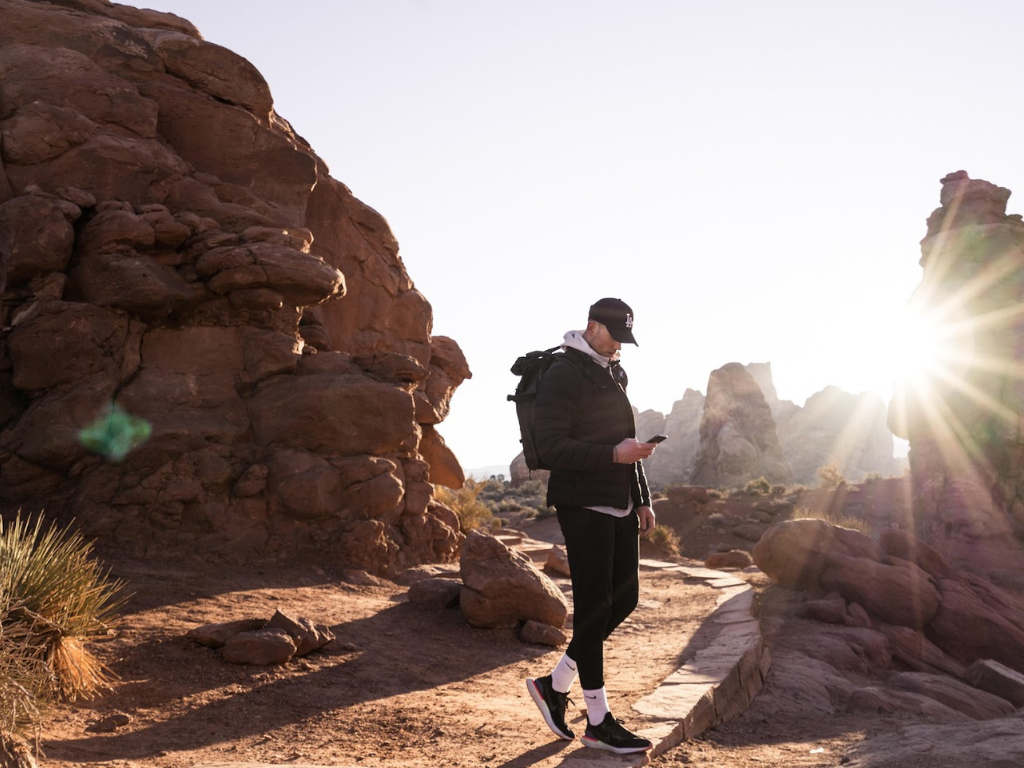Hey there, fellow adventurer! If you're anything like me, the call of the wild is a siren song you can't ignore. But as we all know, stepping into Mother Nature's domain comes with its set of challenges. That's where we, at 14er Tactical, come in. We're experts in tactical gear and outdoor know-how, and today, we're going to arm you with some invaluable knowledge about surviving in the great outdoors.

Why You Need Survival Skills in the Wilderness
Let's start with the basics, shall we? You might think, "Hey, I'm just going for a hike. What could go wrong?" Well, nature is as unpredictable as it is beautiful. One minute you're marveling at a gorgeous sunset, the next you're caught in a downpour with no clear way back.
Unpredictability of Nature:
Weather can change in a heartbeat, trails can be trickier than they seem, and let's not even talk about the possibility of running into a bear.
Self-reliance:
When you're out there, you're the master of your fate. Knowing how to handle emergencies equips you with the self-reliance you need to explore confidently.
Emergency Situations:
Accidents happen—a twisted ankle, a broken compass, or getting lost. Being
prepared makes all the difference in how these situations pan out.
Essential Survival Gear for Hikers
Before you hit the trail, gear up. And I don't mean just throwing a water bottle and some snacks into a backpack. I'm talking about some hardcore, tactical-level preparedness. Here's what you should consider:
Multi-Tools:
Think of this as your Swiss Army knight-in-shining-armor. From cutting branches to fixing a broken strap, a quality multi-tool is indispensable.
Fire Starters:
Waterproof matches, lighters, or firestarter kits. Because rubbing two sticks together is harder than it looks in the movies.
Emergency Blankets:
Lightweight and compact, these babies can help maintain body heat or act as a makeshift shelter.
Tactical Backpacks:
You need something rugged to carry your gear. Our 14er Tactical backpacks are designed for durability and accessibility.
IFAK Pouch:
No-brainer, right? But you'd be surprised how many people overlook this. Pack antiseptics, bandages, pain relievers, and any personal medication.
Compass and Map:
GPS is great until it isn't. Always have a traditional compass and a physical map of the area you're exploring.

Basic First Aid Skills
I'm not saying you need to be a paramedic, but knowing some basic first aid can be a lifesaver—literally. Here's what you should know:
Treating Cuts and Scrapes:
Clean the wound with an antiseptic and cover it with a bandage. Simple, but crucial.
Handling Sprains and Fractures:
Use cloth or bandages to immobilize the affected area. Elevate if possible and get medical help as soon as you can.
Recognizing Signs of Dehydration:
Dizziness, dry mouth, and fatigue are all signs. Always carry enough water and know how to find more in the wilderness.
Treatment for Insect Bites and Stings:
Remove stingers, apply antiseptic, and keep an eye out for allergic reactions.

Building a Shelter
Finding yourself stuck outdoors overnight? No worries if you're prepared.
Importance of a Good Shelter:
Protection from the elements is key to survival. A good shelter can also boost your morale, believe it or not.
Types of Shelters:
From a lean-to made of branches to an A-frame or even a snow cave, your environment often dictates what type of shelter you can build.
Utilizing Natural Resources:
Leaves, branches, and even snow can be materials for your makeshift home.

Fire Making Techniques
You've built a shelter; now you need a fire.
Importance of Fire:
Besides warmth, fire also serves for cooking, signaling for help, and keeping predators at bay.
Methods:
Whether it's flint and steel, a bow drill, or good ol' fire starters from your kit, know multiple ways to start a fire.
Safety Measures:
Always keep your fire contained and make sure it's completely out before leaving the site.
Food and Water in the Wilderness
At this point, you're sheltered and warm. But man cannot live on enthusiasm alone.
Identifying Safe-to-Eat Plants:
Certain berries and leaves are good for consumption. Learn to recognize them before your trip.
Techniques for Fishing and Trapping:
Minimalist fishing gear and small traps can yield you a surprising amount of food if you know what you're doing.
Finding and Purifying Water:
Rivers, streams, and morning dew are all sources of water. Boiling or using purification tablets ensures it's safe to drink.

Navigational Skills
Remember, it's not about the destination, but the journey—unless you're lost, then it's definitely about the destination.
Reading a Compass and Map:
Trust me, it's a skill you'll be grateful for when technology fails.
Natural Ways to Find Direction:
The position of the sun, the stars, and even observing natural landmarks can help you find your way.
Being prepared is more than half the battle when it comes to wilderness survival. From knowing what gear to pack to mastering basic first aid and navigational skills, these tips will give you the confidence to face the great outdoors. So, go ahead, explore those trails, scale those mountains, but most importantly, stay safe out there. And remember, for all your tactical needs, 14er Tactical has got you covered.
Feeling pumped? Ready to brave the wilderness? Make sure you gear up with the best from 14er Tactical.
And there you have it! A comprehensive guide to keep you safe and well-equipped in your next adventure. Now, gear up, head out, and most importantly—stay safe!


